This page is updated everyday; please check back regularly for new information
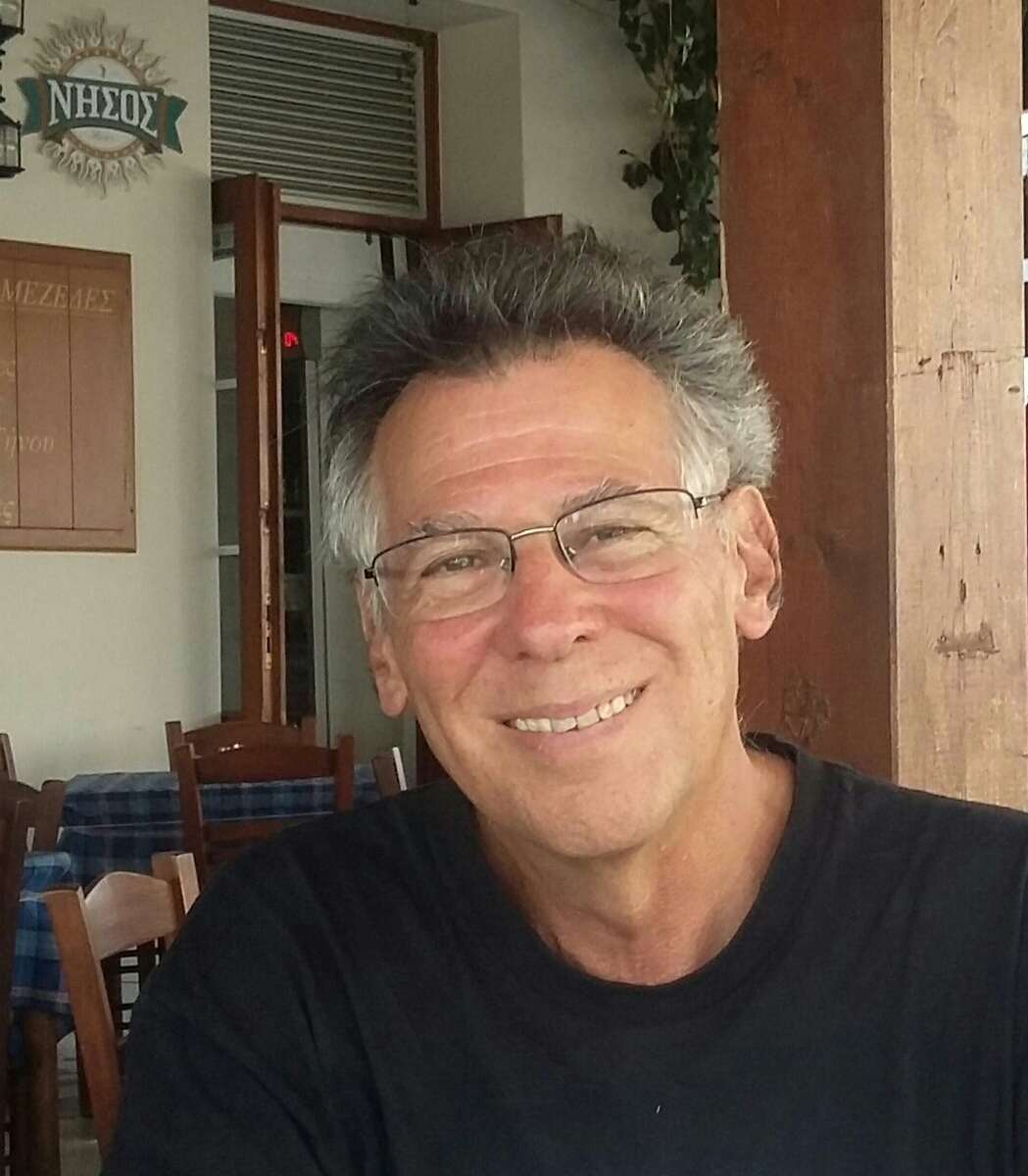
Michael Balter
Michael Balter has been a working journalist for more than 40 years, beginning in Los Angeles as an investigative reporter and then in Paris as a travel, food, and science writer. For more than 20 years he has covered anthropology and archaeology for Science, Audubon, Scientific American, SAPIENS, and other publications.
He has also covered sexual misconduct in academia for The Verge, Scientific American, and now on Balter's Blog; he writes about mental health, especially schizophrenia, and engages in occasional media criticism. He returned to the USA in October 2017 after 30 years in Paris, and now lives in the New York City area. He has taught journalism at Boston University, New York University, and the City College of New York.
Michael is on the discussion panel after our screening of Picture A Scientist on Tuesday 13 October 19:40
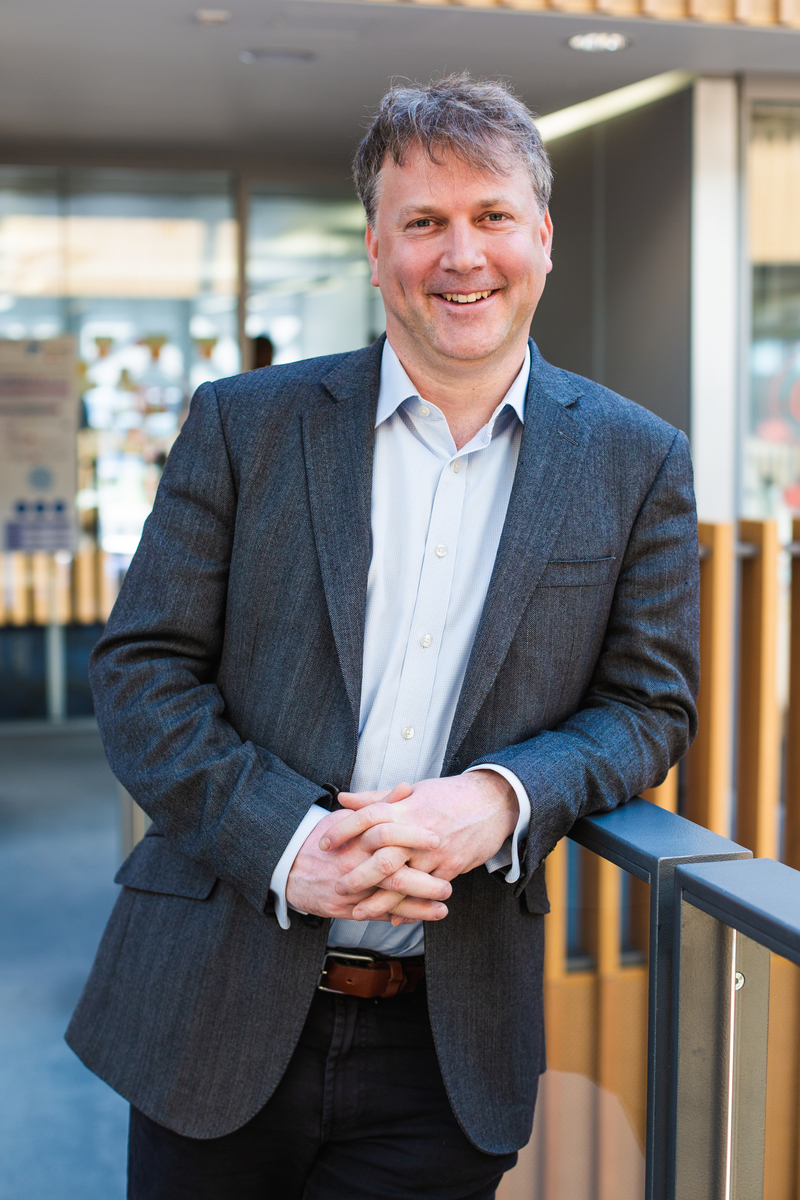
Ewan Birney
Ewan Birney is Deputy Director General of EMBL. He is also Director of EMBL-EBI with Dr Rolf Apweiler, and runs a small research group.
Ewan completed his PhD at the Wellcome Sanger Institute with Richard Durbin. In 2000, he became Head of Nucleotide data at EMBL-EBI and in 2012 he took on the role of Associate Director at the institute. He became Director of EMBL-EBI in 2015. In 2020, Ewan became the Deputy Director General of EMBL. In this role, he assists the EMBL Director General in relation to engagement with EMBL Member States and external representation.
Ewan is on the discussion panel in our Disinformation and how to counter it session on Wednesday 14 October 11:30
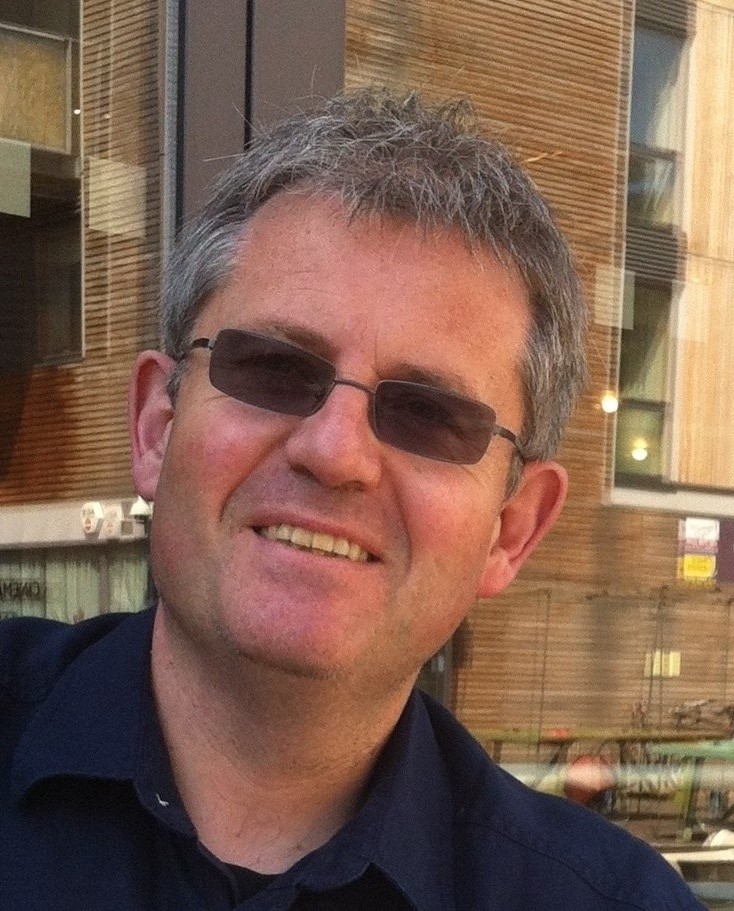
Nicholas Booth
Nicholas Booth is a former science and technology editor in national UK newspapers. Subsequently, he has worked in television and mobile publishing, and now writes books - about spies, fraudsters and the search for life on Mars. His first thriller is out next year and he has worked on scripts for television, radio and film.
Nicholas is on the panel of our Lessons from fiction for science writers session on Thursday 15 October 16:50
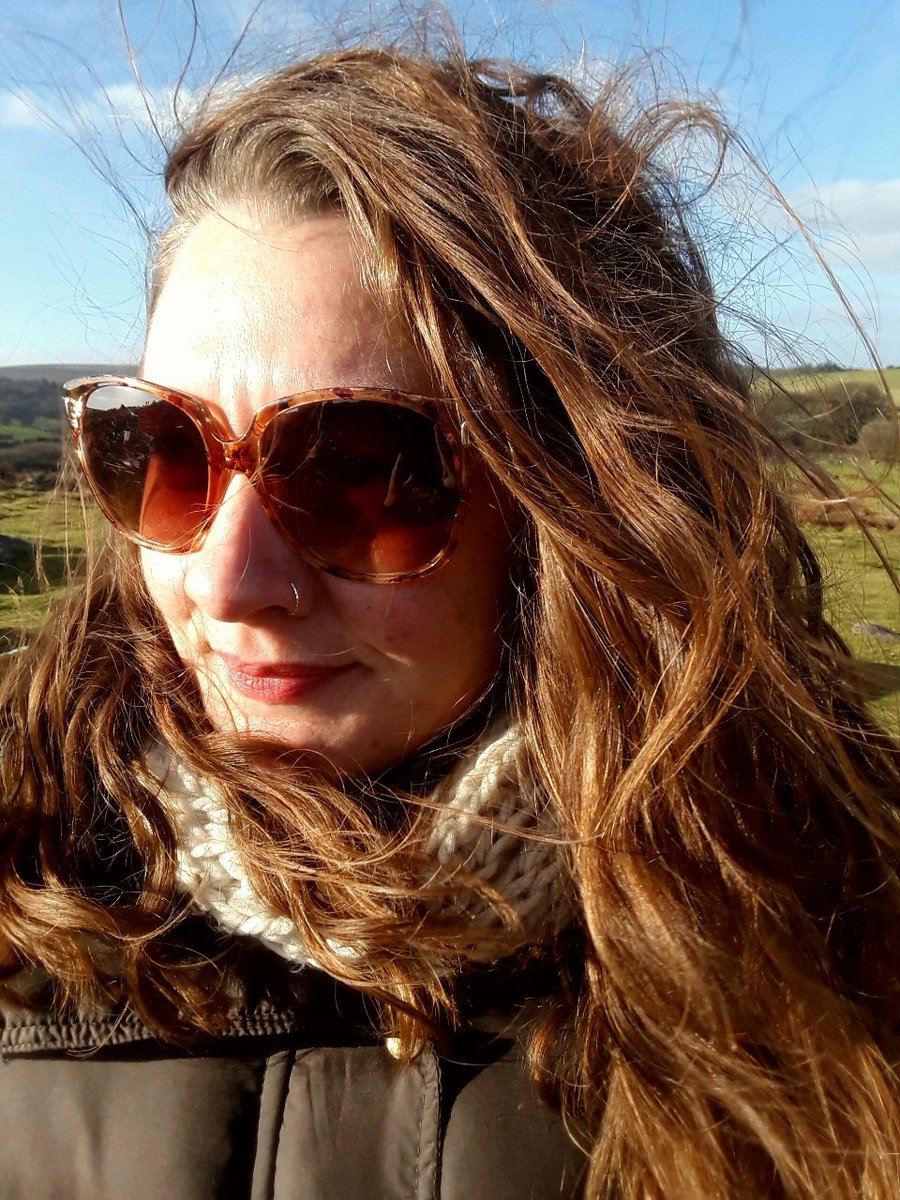
Fiona Broom
Fiona Broom joined SciDev.Net as the Acting Global Editor just weeks before this year’s lockdowns. She began her career at newspapers in regional Australia, serving as a journalist, sub-editor and online editor, before working for six years as an independent journalist across South Asia and the Middle East.
Fiona has organised and is moderating our Free money! How to secure grants session on Tuesday 13 October 13:40
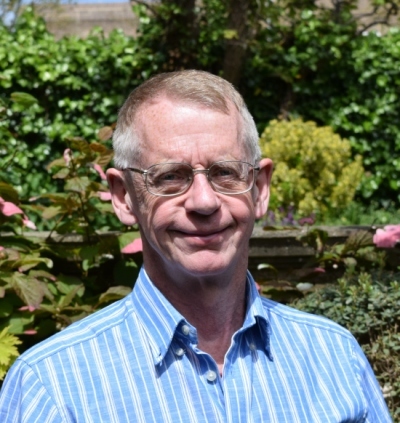
Duncan Campbell
Duncan Campbell is a veteran investigative journalist, author, consultant, TV producer, and forensic expert witness specialising in privacy, civil liberties, and surveillance issues, and an expert on security for journalists.
His best-known investigations led to major legal clashes with successive British governments. These include revealing the existence of GCHQ (1976), the role of the US National Security Agency's Menwith Hill Station in intercepting worldwide communications (1980), a secret £500 million British spy satellite programme (1987), and the Echelon UKUSA agreement on global signals intellitence (1988). He is one of the six original founders of Stonewall, and has been a frequent speaker on security for journalists at the Centre for Investigative Journalism's summer school.
Duncan is speaking at our Cybersecurity for journalists session on Wednesday 14 October 09:50
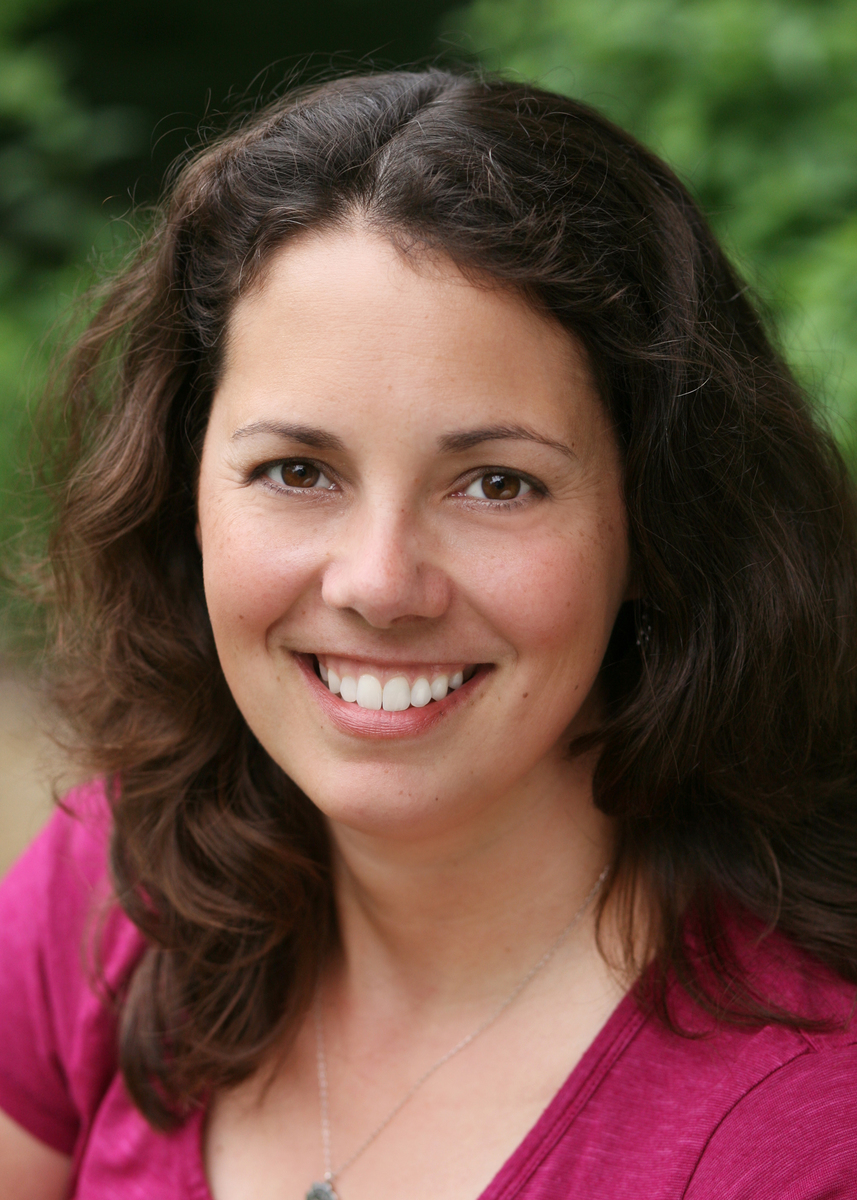
Siri Carpenter
Siri Carpenter is an award-winning science journalist based in Madison, Wisconsin. She has spent most of her career so far as a freelancer, first as a writer and more recently as an editor. Her work has appeared in The New York Times, the Los Angeles Times, Science, Science News, Scientific American, Scientific American Mind, Spectrum, The Oprah Magazine, Prevention, and many other publications.
Siri is co-founder and editor-in-chief of The Open Notebook, a non-profit publication which is dedicated to helping science journalists improve their skills. She is also President of the National Association of Science Writers.
Siri will deliver a keynote address The craft of science writing on Tuesday 13 October 15:00
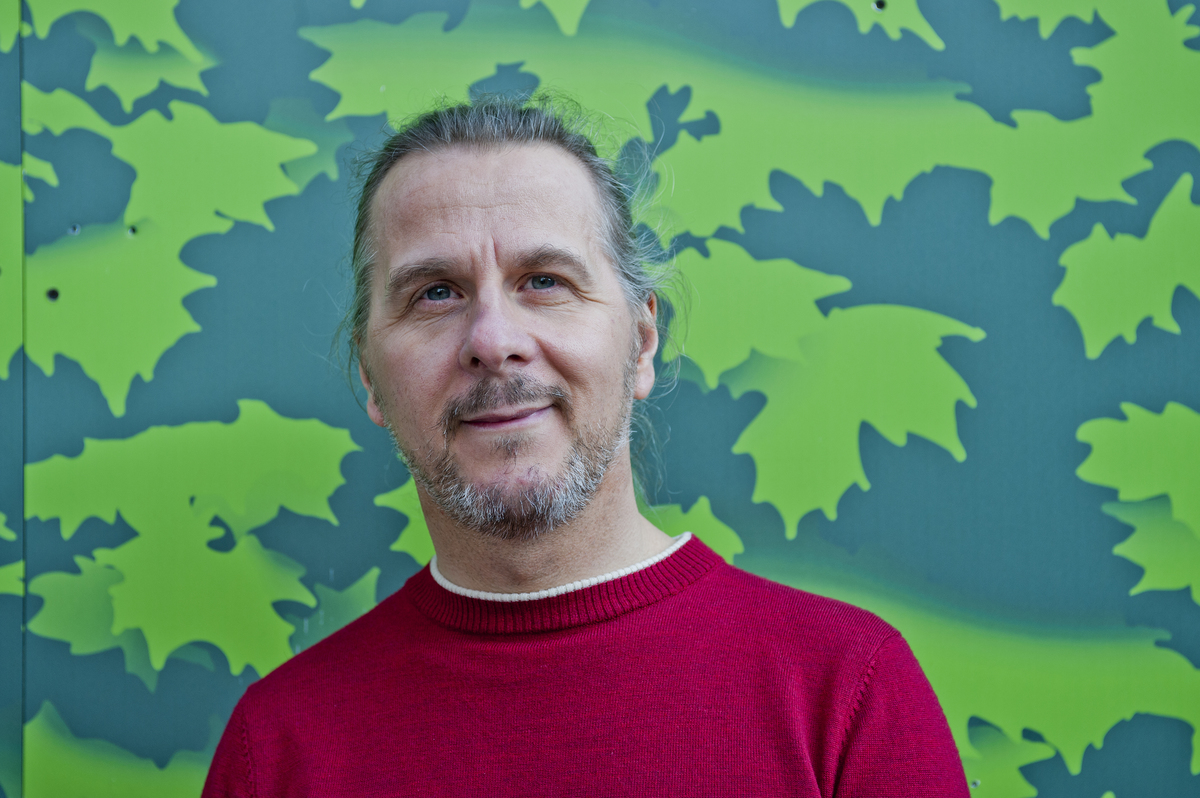
Damian Carrington
Damian Carrington is Environment Editor at The Guardian, which he joined in 2008. He has covered the environment and science for more than 20 years and previously worked on staff at the Financial Times, New Scientist and BBC News Online. He has a PhD in geology from the University of Edinburgh, where he also did post-doctoral research.
Damian is on the discussion panel in our The changing language of climate session on Tuesday 13 October 12:00
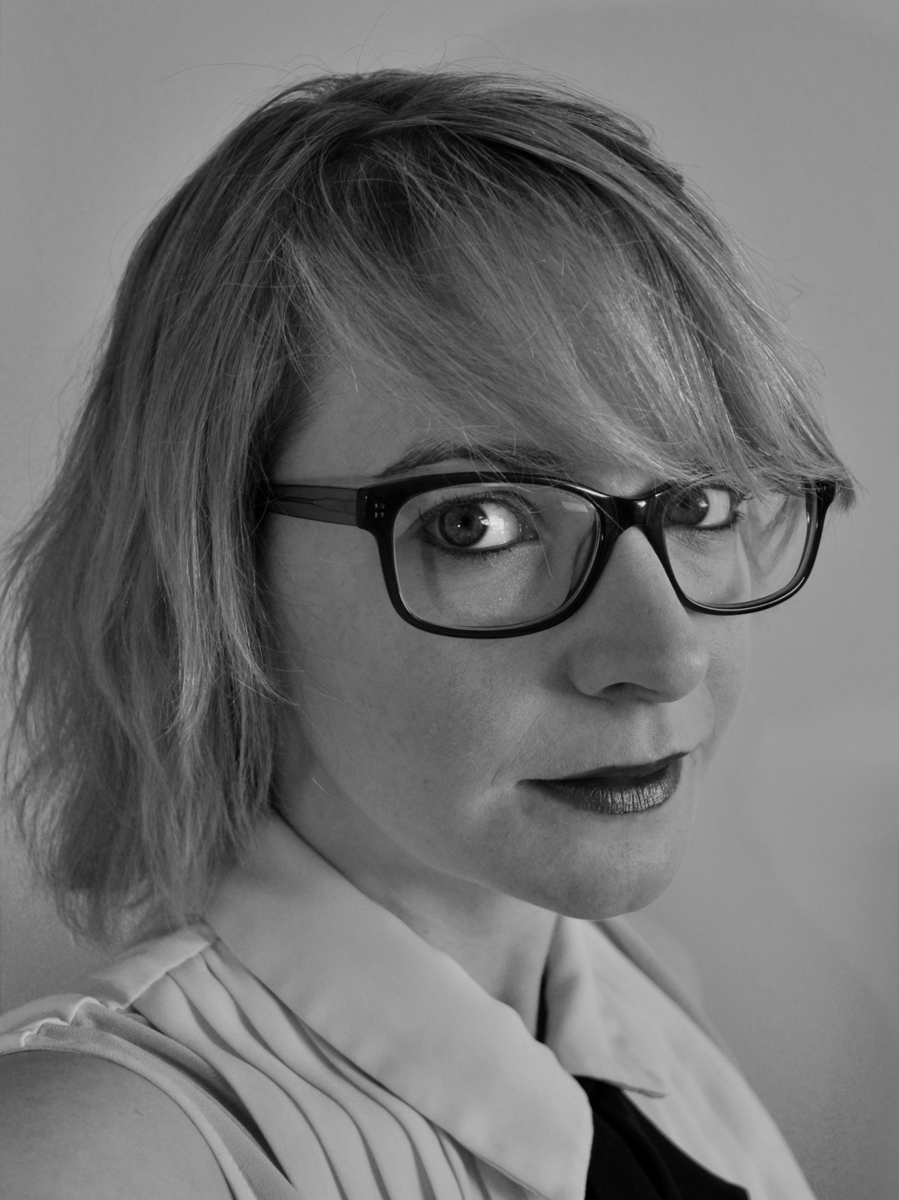
Emma Chapman
Dr Emma Chapman is a Royal Society Dorothy Hodgkin Fellow based at Imperial College London. She studies the first stars in the cosmos using radio telescopes.
Emma campaigns to highlight the problem of bullying and harassment within STEM and won the 2018 Royal Society Athena Medal for driving nationally impactful policy changes concerning sexual harassment issues in higher education. She is a member of campaign organisation The 1752 Group which works to end staff sexual misconduct.
Emma is on the discussion panel after our screening of Picture A Scientist on Tuesday 13 October 19:40
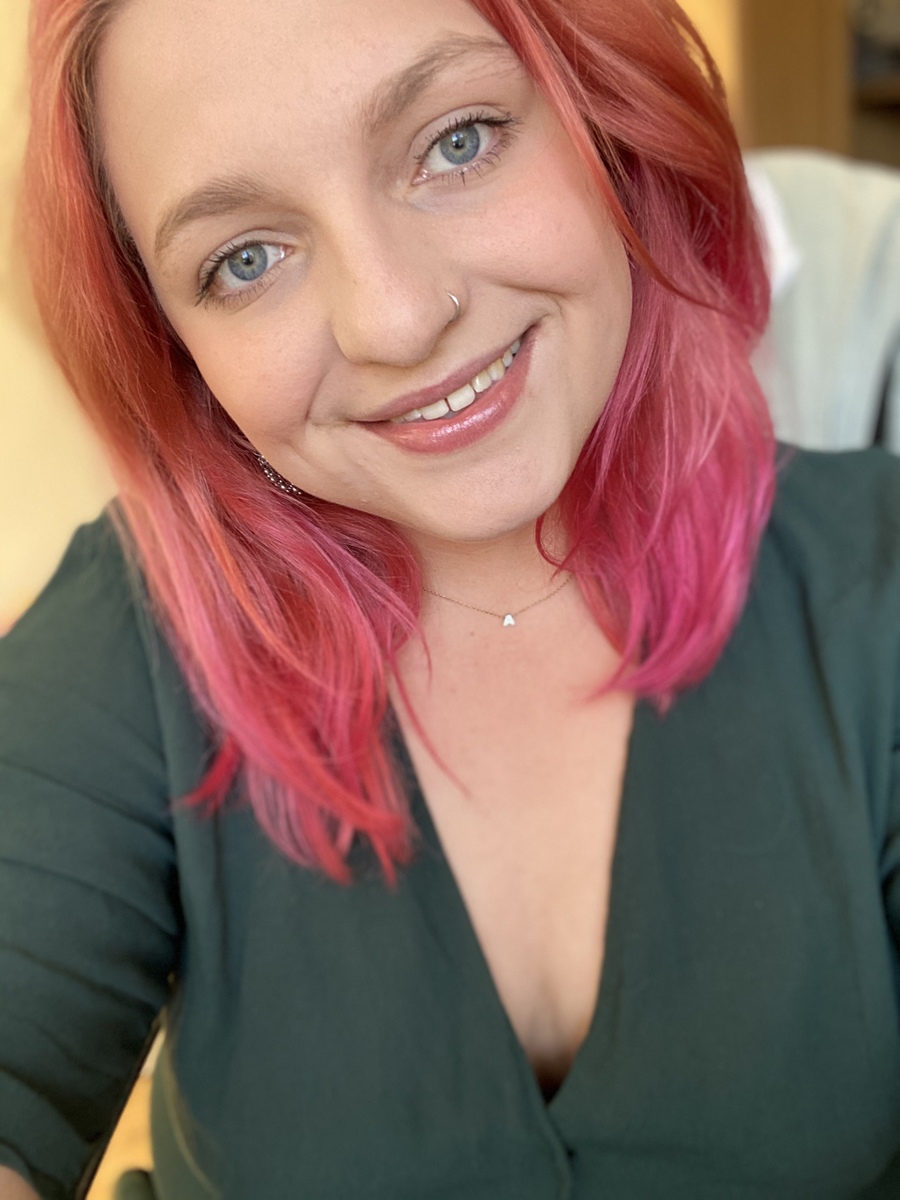
Amy Charles
Amy Charles is a Webby and Lovie award-winning social media producer for BBC Future and BBC Culture, and worked on central BBC News social media during the height of lockdown. She is a trained mental health first aider, pet lover and beginner at sewing her own clothes.
Amy is on the discussion panel in our Mental wellbeing for science journalists session on Wednesday 14 October 15:10
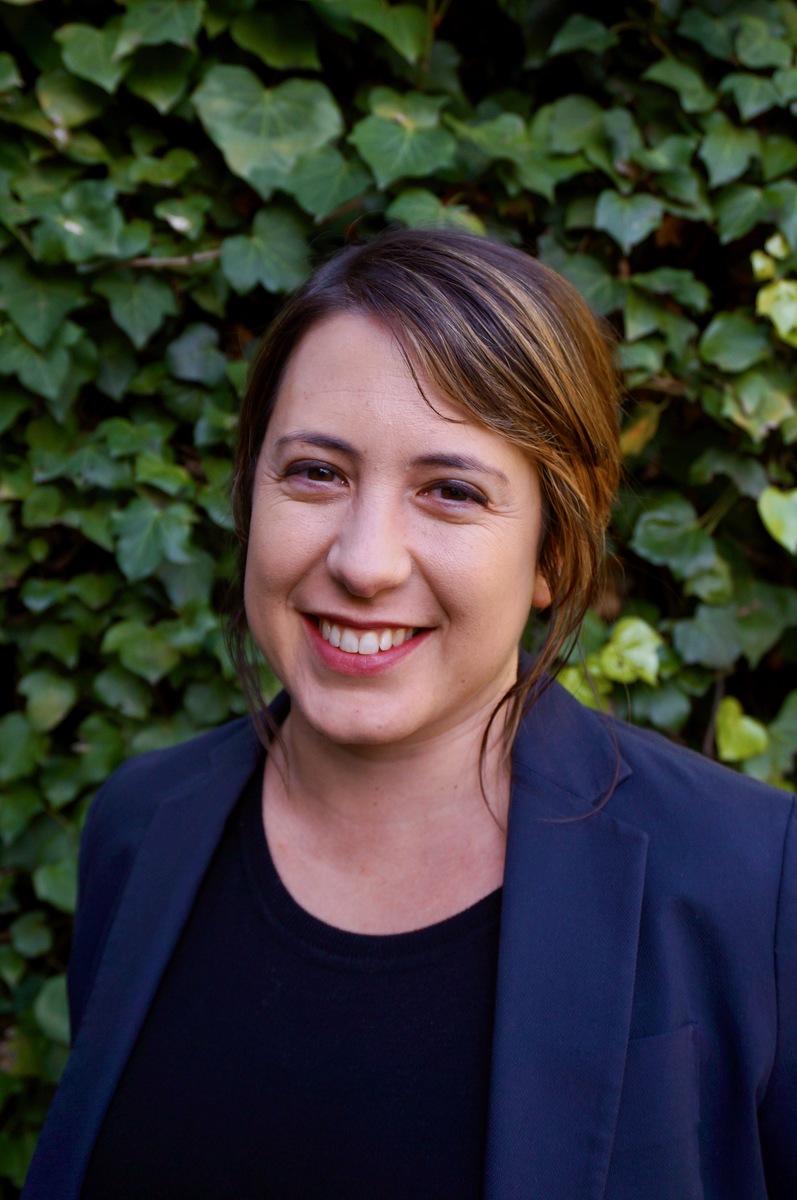
Angèle Christin
Angèle Christin is an assistant professor in the Department of Communication at Stanford University. Drawing on ethnographic methods, she studies how algorithms and analytics transform professional values, expertise, and work practices.
Her book, Metrics at Work: Journalism and the Contested Meaning of Algorithms (Princeton University Press, 2020) focuses on the case of web journalism, analyzing the growing importance of audience analytics in web newsrooms. She is currently a Visiting Researcher with the Social Media Collective at Microsoft Research New England.
Angèle is on the discussion panel in our How to measure success session on Wednesday 14 October 16:40
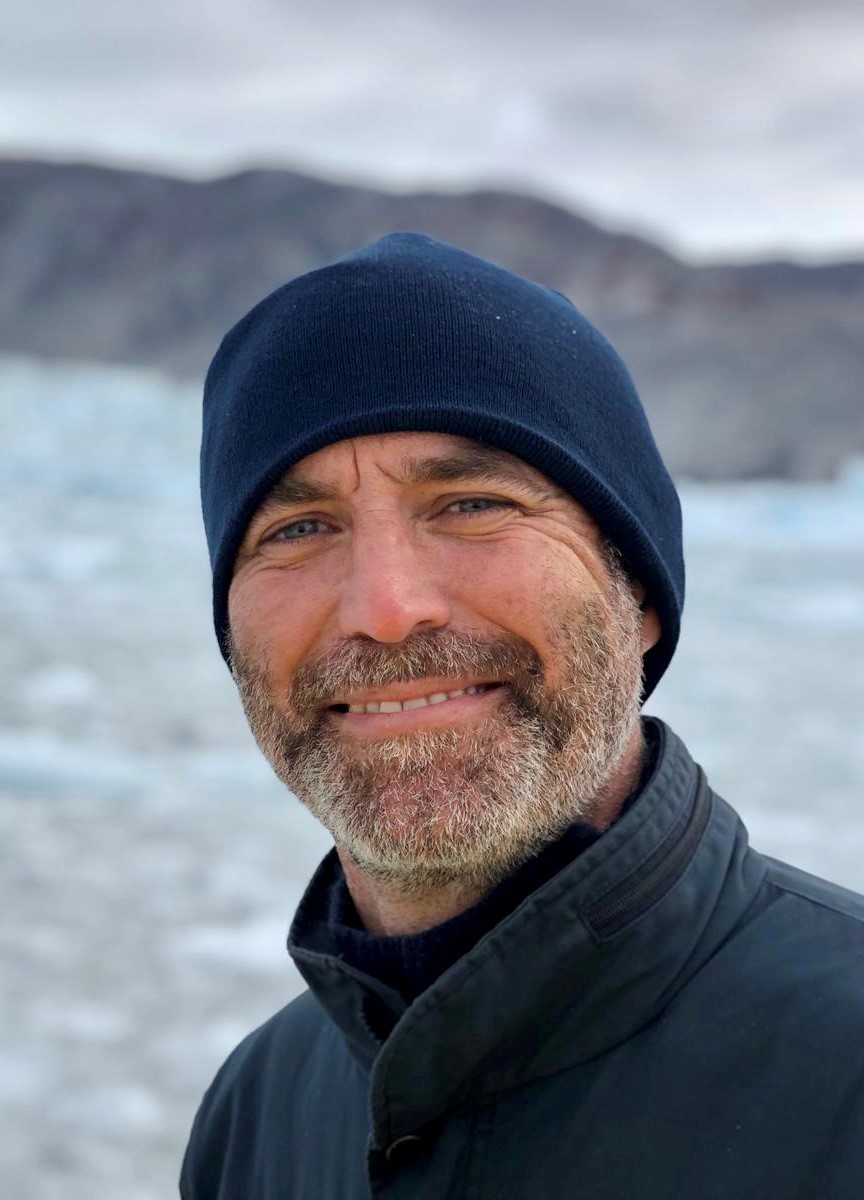
Tom Clarke
Tom Clarke is the science editor for ITV News where he covers everything from climate change to Covid-19. Last year he led the programme’s Earth on the Edge series which saw ITV’s correspondents around the world contributing to a season of climate reporting in the run up to this year’s (now-postponed) COP. Previously he was science editor at Channel 4 News.
Tom is on the discussion panel in our The changing language of climate session on Tuesday 13 October 12:00
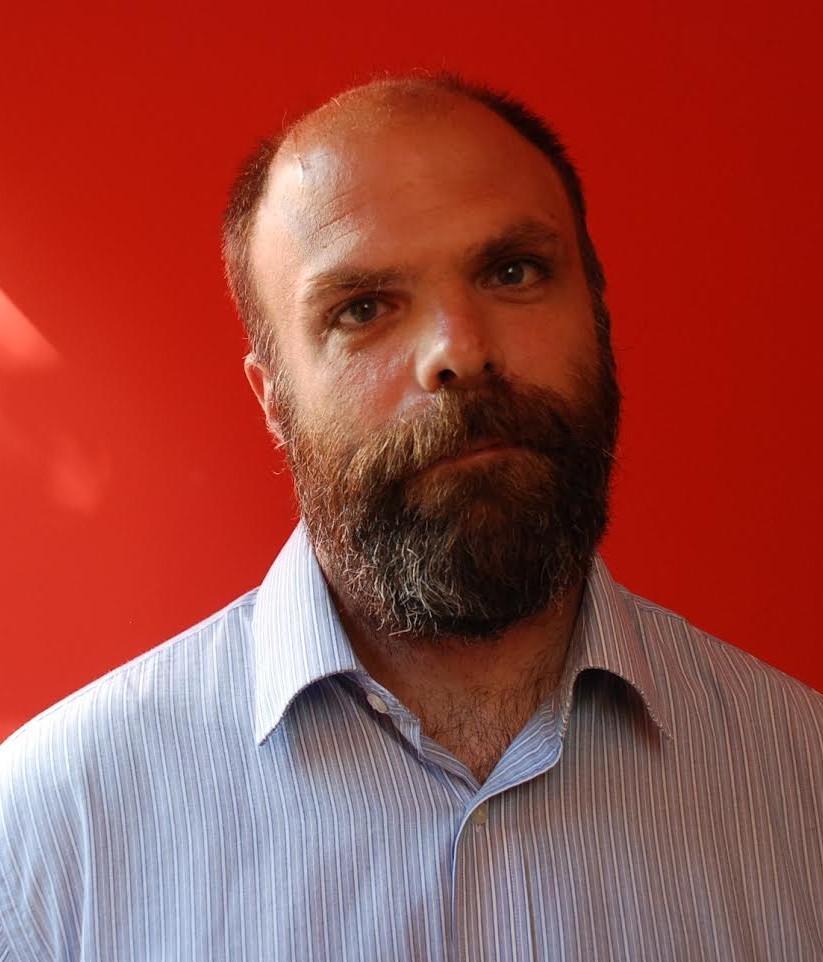
Ben Deighton
Ben Deighton is the Managing Editor of SciDev.Net, the world’s biggest news service covering science in a development context. He is responsible for overseeing SciDev.Net content, ensuring its editorial independence and the quality of articles and multimedia products. Ben joined SciDev.Net in July 2017 after four years as editor of Horizon magazine.
Ben has worked as a journalist since 2001 and was previously a reporter for the Reuters news agency in London and Brussels. He has a degree in French and a postgraduate diploma in journalism.
Ben is on the discussion panel in our Free money! How to secure grants session on Tuesday 13 October 13:40; he is also running a surgery in our Meet the experts session on Thursday 15 October 11:30
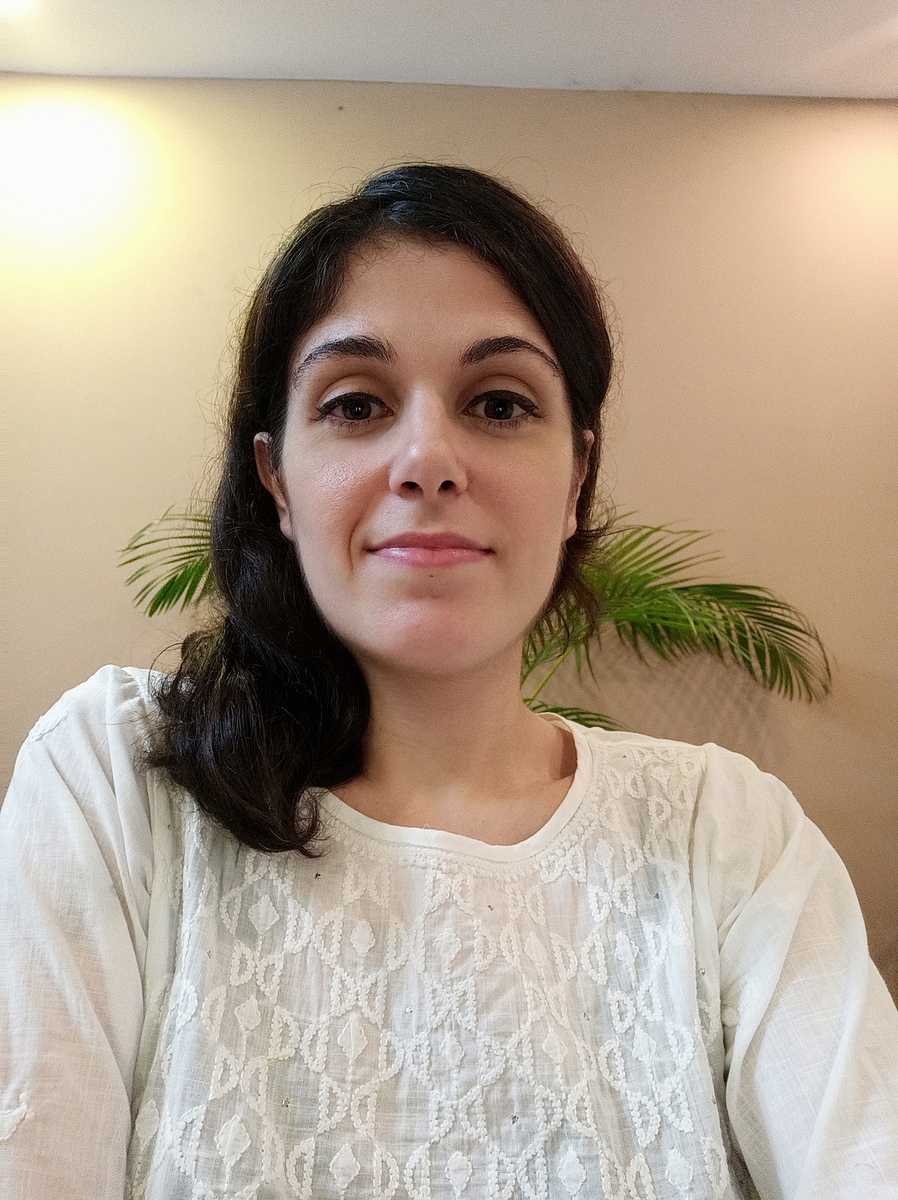
Lou Del Bello
Lou Del Bello is a climate and energy journalist based in Delhi. She has worked for SciDev.Net, Climate Home News and more recently for Bloomberg where she covers environment and energy policy as well as finance. She has bylines in a vast range of outlets including Nature News, New Scientist, BBC Future, Undark, HuffPost and more.
She writes two newsletters on energy and climate change - From a Climate Correspondent, a team effort funded through grants, and Lights On, a personal project supported through subscriptions.
Lou is on the discussion panel in our Free money! How to secure grants session on Tuesday 13 October 13:40
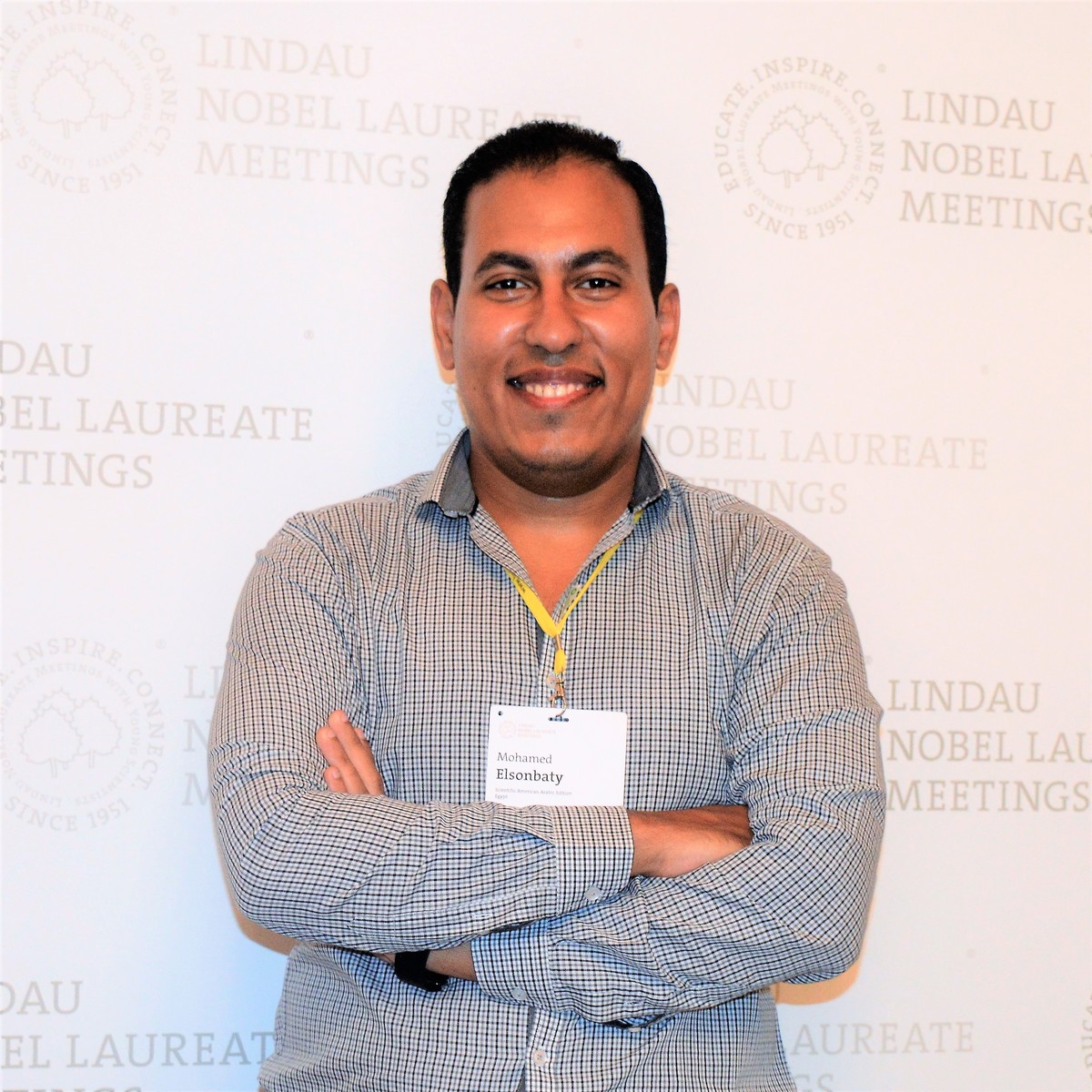
Mohamed Elsonbaty
Mohamed Elsonbaty is an award-winning science journalist and a science communication consultant. He has eight years' professional experience as a freelance science journalist, publishing more than 650 pieces on scientific topics in reputable outlets including SciDev.Net, Scientific American, MIT Technology Review, and Popular Science. He has worked as a consultant for international organizations such as British Council, 1001 Inventions, and the American University in Cairo, where he developed and delivered various science communication projects and events to engage the public with science.
Mohamed holds a Master's degree in Science Communication and Public Engagement from the University of Edinburgh, thanks to a prestigious Chevening scholarship. Mohamed was awarded the EurekAlert! Fellowship by the American Association for the Advancement of Science in 2019. In addition, he was awarded the Mijbil Al-Mutua Prize for young science communication professionals in the MENA region in 2017.
Mohamed is on the discussion panel in our Free money! How to secure grants session on Tuesday 13 October 13:40
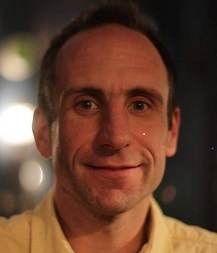
Andy Extance
Andy Extance is Chair of the ABSW Executive Board.
He fuses chemistry and physics – and whatever other elements cross his desk – into words, thanks to a career infused with both fields. He has been a freelance science writer since 2003, working for employers such as Chemistry World and Scientific American. He was news editor for Compound Semiconductor magazine from 2006 to 2009.
Before that, Andy worked in industrial chemistry, briefly making adhesives and rubber after spending six and a half years working at Tripos Discovery Research, an early-stage contract pharmaceutical research company. He is also Chair of Exeter Community Energy, director of Exeter Empirical and Editor-in-chief of ScienceSeeker.
Andy has overseen the development of the conference programme, has organised several sessions, and will moderate The Craft of Science Writing keynote from Siri Carpenter on Tuesday 13 October 15:00 and Mental wellbeing for science journalists on Wednesday 14 October 15:10
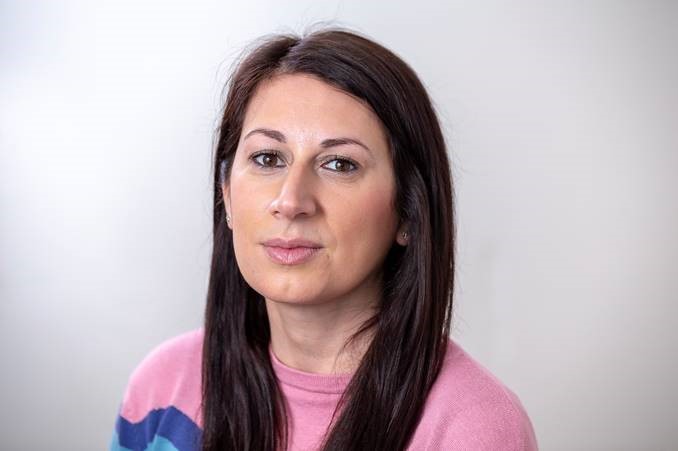
Nada Farhoud
Nada Farhoud is the Daily Mirror's Environment Editor based in Brighton.
She also has a weekly column (Monday) which tackles the issues at the heart of our changing world and is driving the paper's campaign to ban animal trophy hunting parts being imported into the UK.
She has reported on the devastating impact of the melting ice caps in Greenland and also co-edited a special edition of the Daily Mirror, turning the masthead from red to green, dedicated to the climate crisis.
She was awarded the British Journalism Award for science writing in December 2019 and also the Society of Editors award for environment journalist of the year in April 2020.
Nada is on the discussion panel in our The changing language of climate session on Tuesday 13 October 12:00
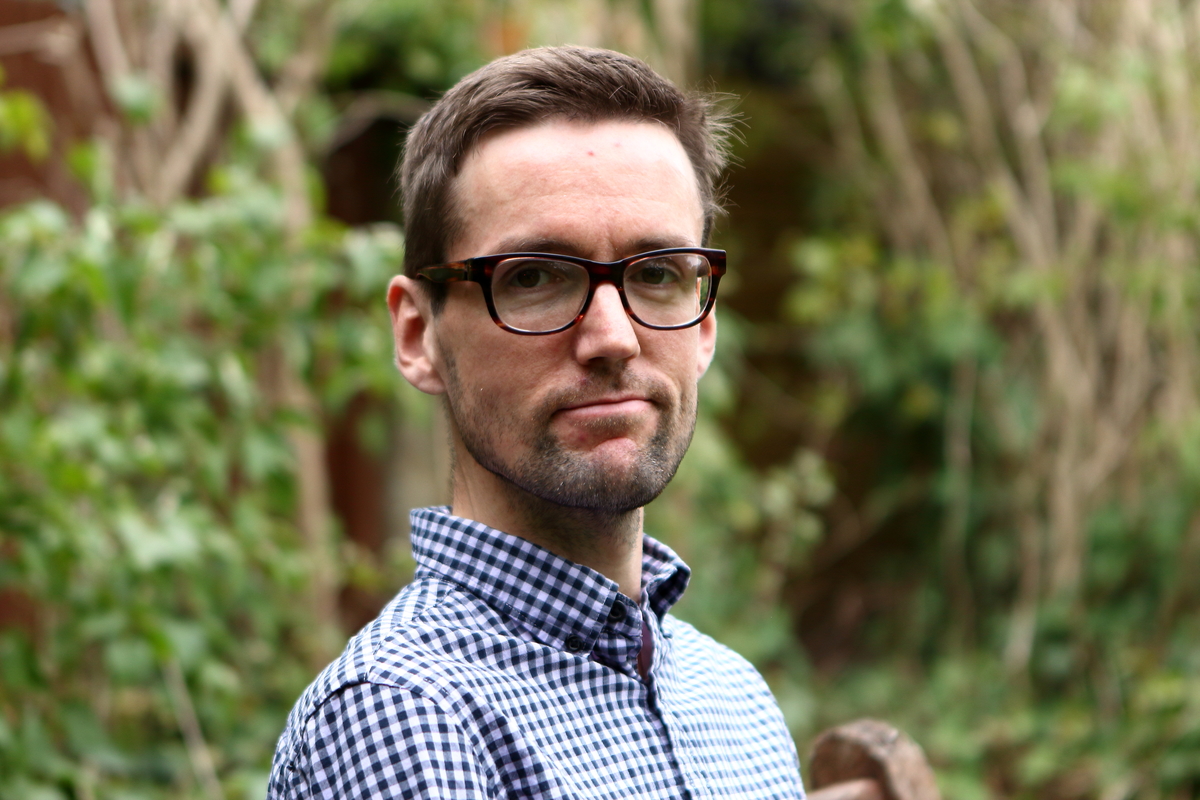
Richard Fisher
Richard Fisher is a Senior Journalist with BBC Global News in London, where he writes and commissions for BBC Future, the BBC's international-facing science, technology and health features site. He was recently a 2019-20 Knight Science Journalism Fellow at MIT, based in Cambridge, Massachusetts. He has held various roles at the BBC, including leading the BBC.com Features teams as a managing editor, and before that, he was both a feature and news editor at New Scientist.
Richard has organised and is moderating our How to measure success session on Wednesday 14 October 16:40
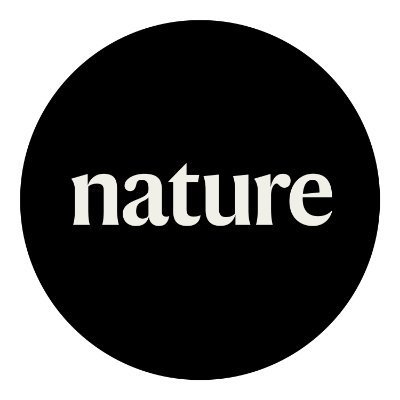
Nisha Gaind
Nisha Gaind is chief of Nature’s European news bureau, which covers science and research policy across the continent. She has a master’s degree in astrophysics and physical chemistry.
Nisha is on the discussion panel in our Dos and don'ts of pitching session on Wednesday 14 October 15:00
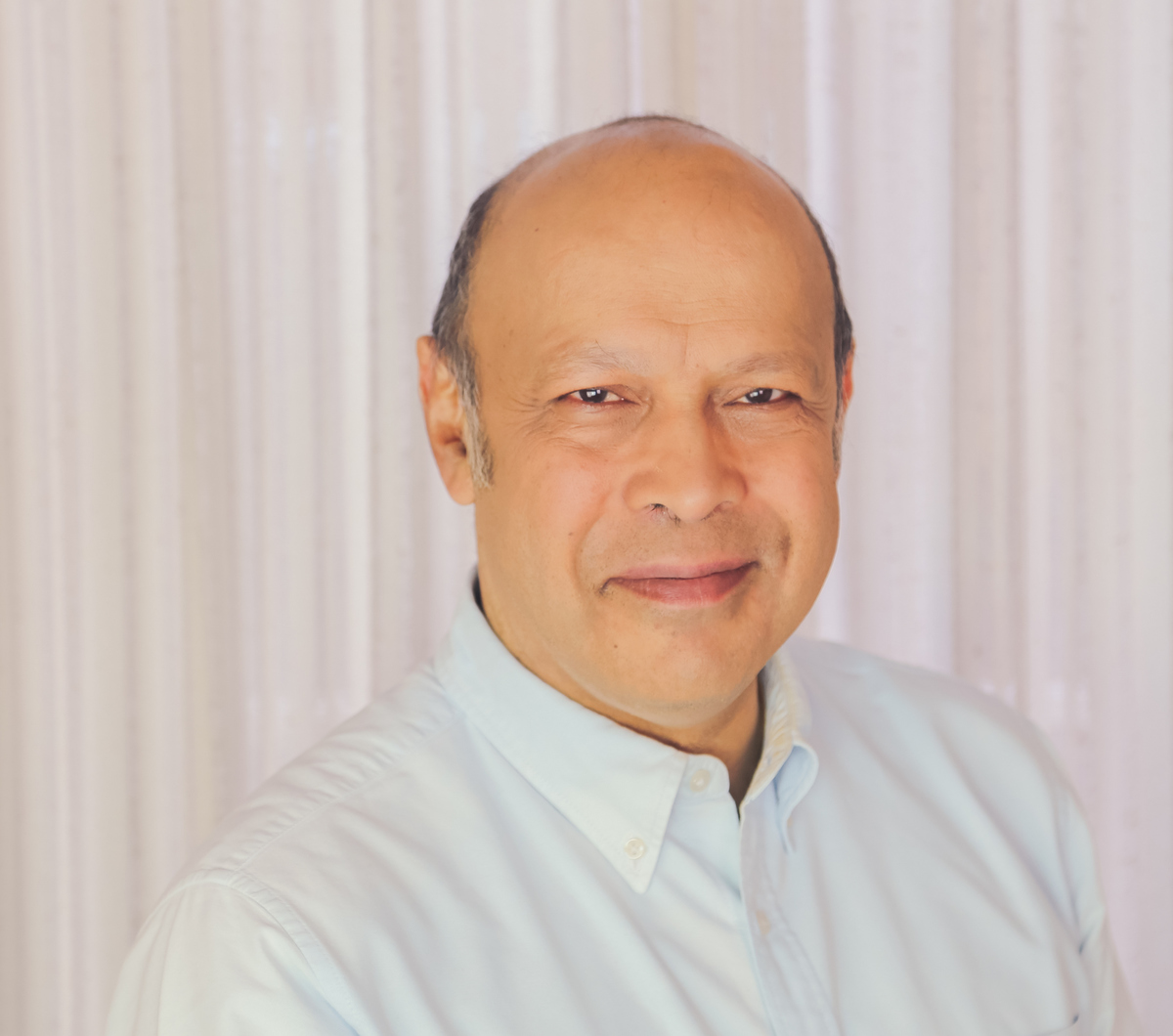
Pallab Ghosh
Pallab Ghosh is Honorary President of the ABSW.
A science correspondent with BBC News, he works across television, radio, on-line and digital platforms. Pallab has won numerous awards including Press Gazette Science and Technology Journalist of the Year, which is the UK’s equivalent of the Pulitzer Prize, for investigative reporting and is a former BT Technology Journalist of the Year.
Pallab has interviewed leading figures, including Stephen Hawking, Tim Berners-Lee and he is one of the few journalists in the world to have interviewed Neil Armstrong. He has reported on some of the biggest scientific developments of our time. These include the detection of gravitational waves, the discovery of the Higgs Boson, the cloning of Dolly the Sheep and the completion of the Human Genome Project.
Pallab has a strong interest in the societal implications of developments in science and technology and through his journalism aims to involve people in shaping policies in controversial areas such as GM crops, cloning and AI. He is a former Chair of the ABSW and a founding board member and President of the World Federation of Science Journalists. In these roles, Pallab has promoted critical coverage of research issues. He believes that for science to truly benefit society it must be tested by penetrating science journalism of the highest professional standards.
Pallab will speak at the Opening and Closing Ceremonies alongside ABSW Chair Andy Extance on Tuesday 13 October 11:50 and Thursday 15 October 18:20
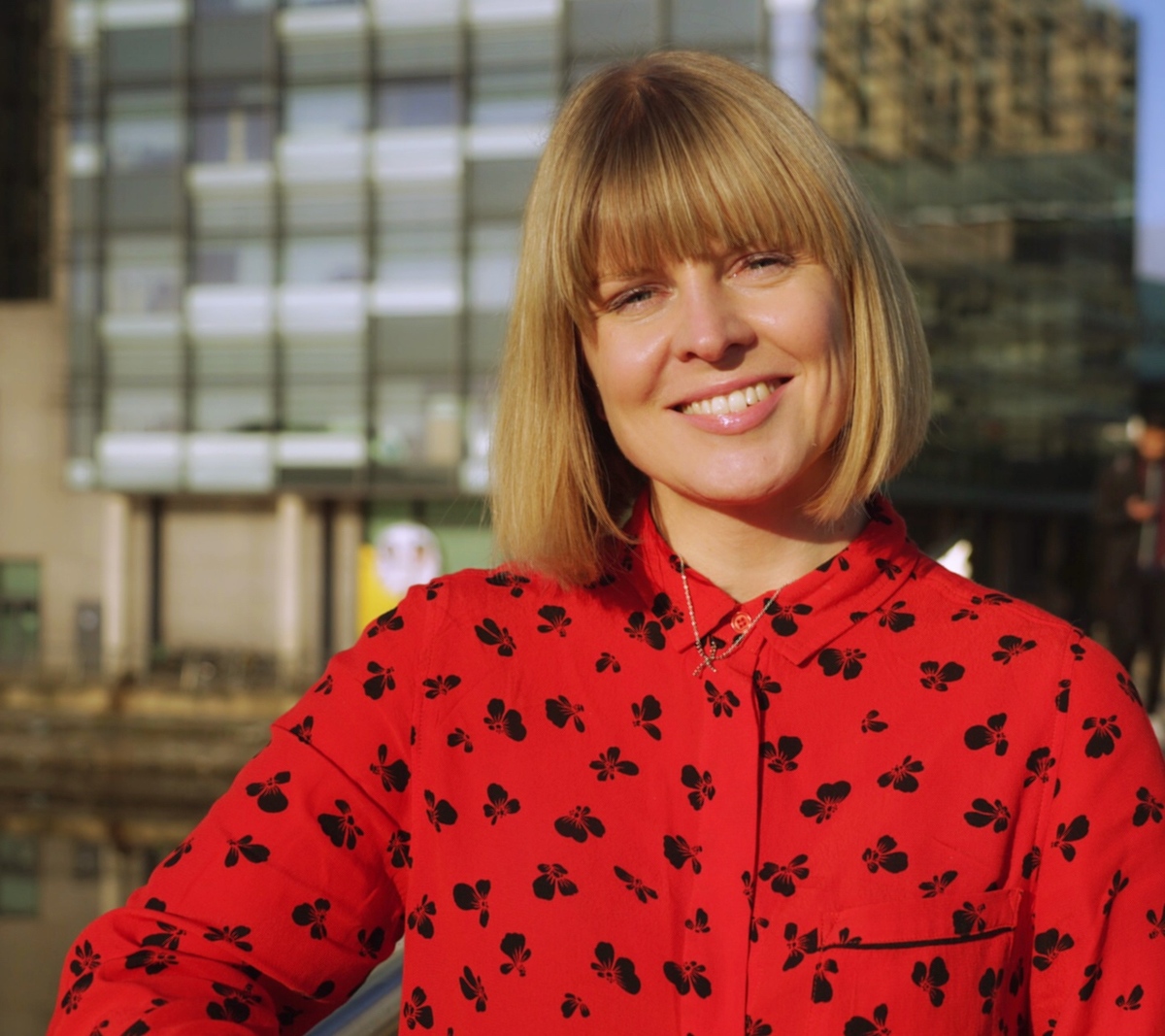
Victoria Gill
BBC Science correspondent Victoria Gill covers news stories on a range of subjects, from missions to Mars to changing climate on Earth. Amongst other assignments during the coronavirus pandemic, Victoria has investigated and reported on the link between our relationship with the natural world the emergence of new diseases like SARS Cov-2.
She wrote and presented BBC Our World's In the Shadow of Chernobyl documentary in 2019, which has been shortlisted for an ABSW award and her short film on the recycled gardens of Zaatari Refugee camp was recently nominated for an Association of International Broadcasters award.
Here's Victoria's 2019 TED Talk What a nun can teach a scientist about ecology; you can also hear her alongside Liz Bonnin on the BBC's latest podcast, What planet are we on?
Victoria is on the discussion panel in Quiz the finalists: Part One on Tuesday 13 October 16:10
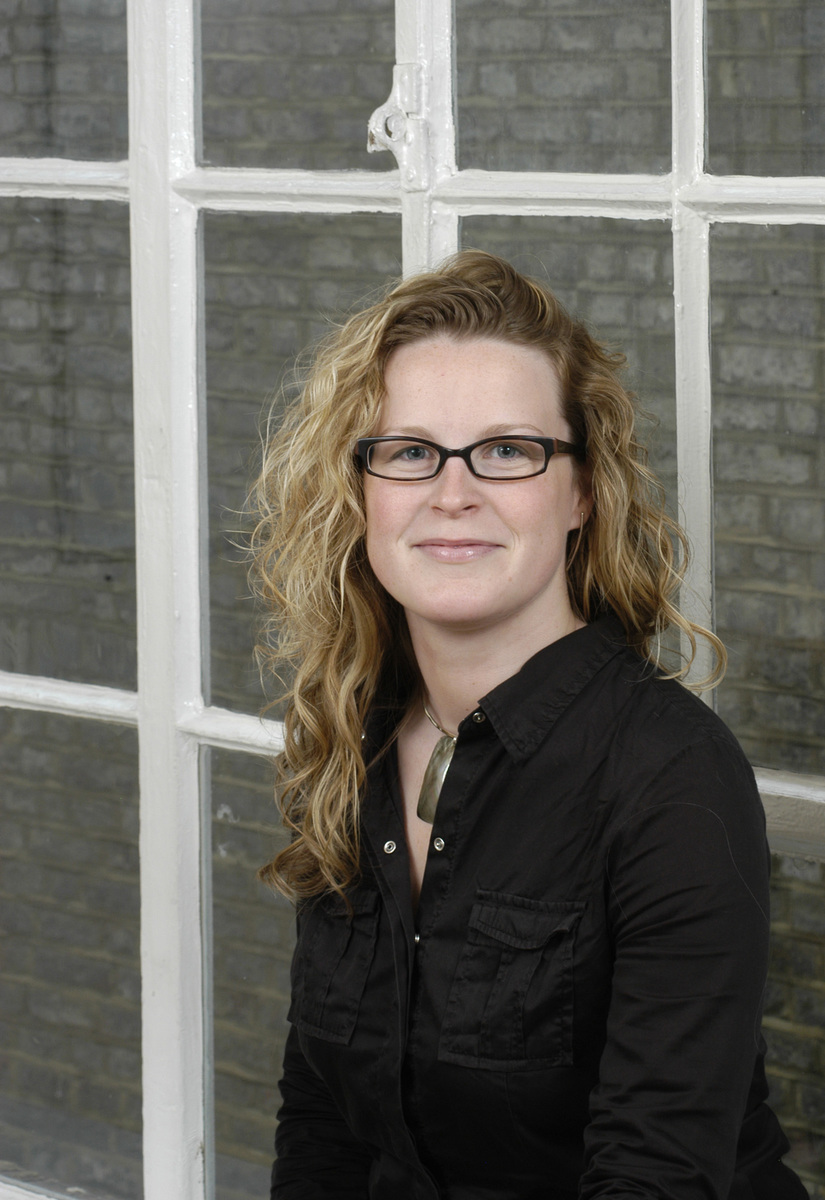
Flora Graham
Flora Graham writes the Nature Briefing, the influential daily email newsletter for Nature. Flora was previously Digital Editor at New Scientist, and has worked at the BBC, CBC, and CNET.
Flora is on the discussion panel at our Writing a killer newsletter session on Tuesday 13 October 17:50
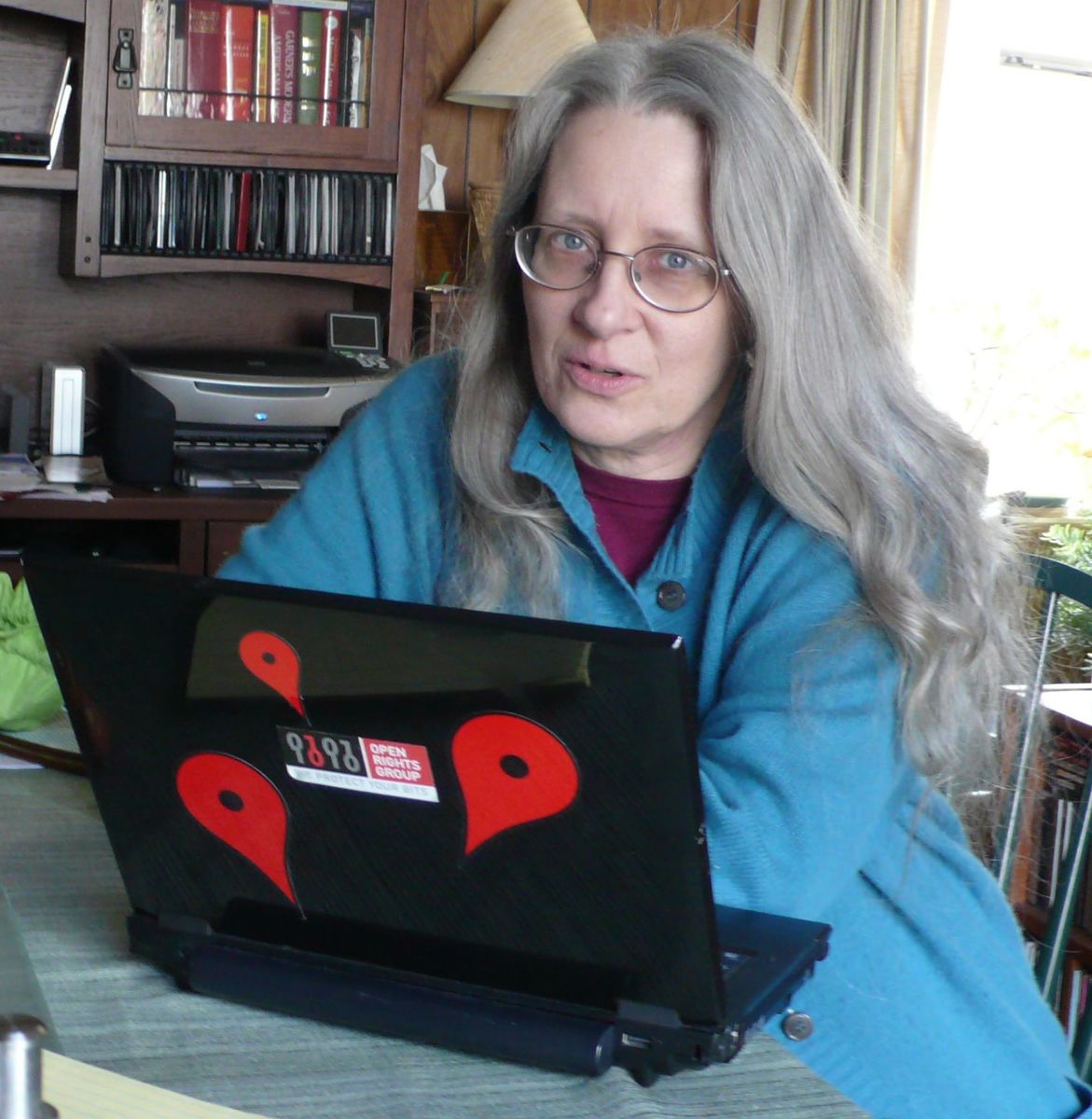
Wendy Grossman
Wendy M. Grossman is an award-winning freelance writer specializing in computers, freedom, and privacy, which she has covered for New Scientist, Scientific American, The Guardian, The Daily Telegraph, Infosecurity Magazine, and WIRED.
She has served on the ABSW Board (Committee until 2014) since 1998.
Wendy has organised and is moderating our Cybersecurity for journalists session on Wednesday 14 October 09:50
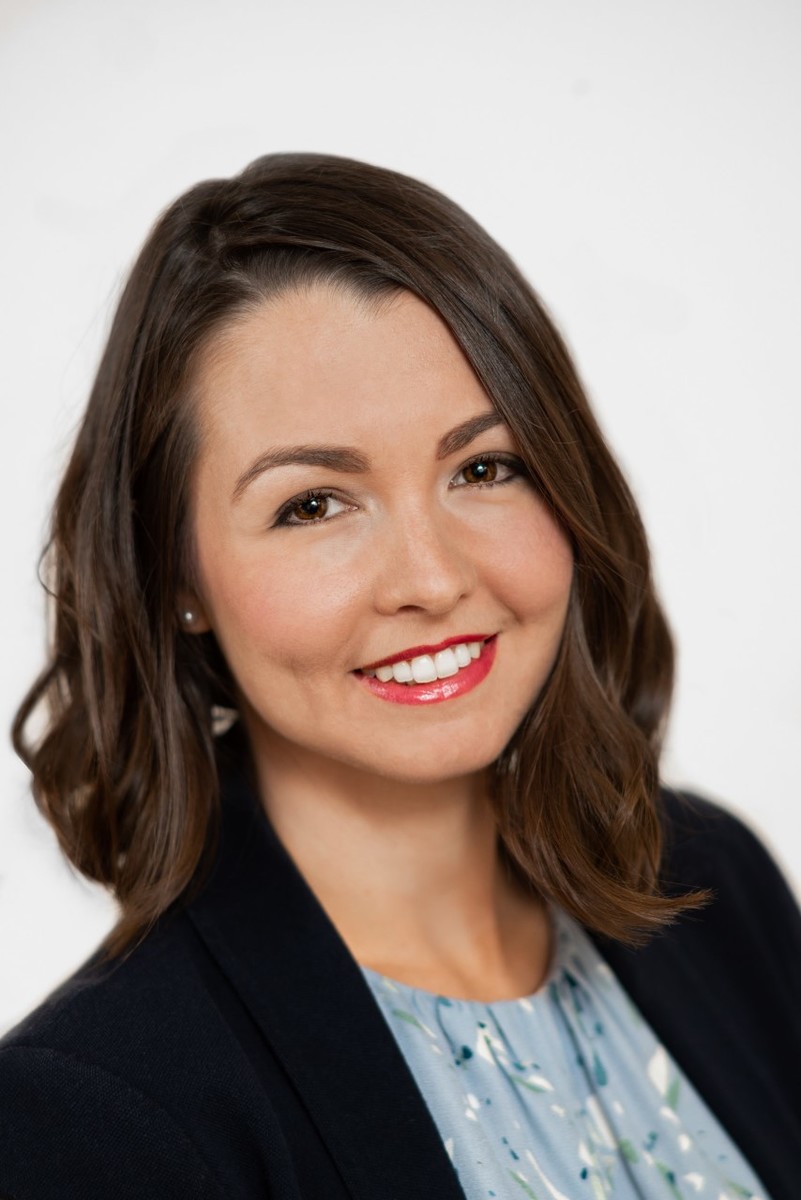
Giorgia Guglielmi
Giorgia Guglielmi is a journalist covering the life sciences, biomedicine, science policy, and the intersections of science and society. Her stories have appeared in Nature, Science, Spectrum News, PBS NOVA Next, and more. Giorgia has a PhD in biology from the European Molecular Biology Laboratory and Master's in science writing from the Massachusetts Institute of Technology.
Giorgia is on the discussion panel in Quiz the finalists: Part Two on Thursday 15 October 09:50
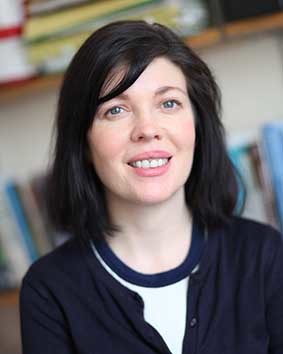
Catherine Happer
Dr Catherine Happer is Senior Lecturer and Deputy Director of the Glasgow University Media Group.
She is a sociologist who examines the role of the media in the construction of public understanding and belief with particular focus on climate change. She is published in international journals and is co-author of Communicating Climate Change and Energy Security: New Methods in Understanding Audiences (Routledge) and co-editor of Trump’s Media War (Palgrave).
Catherine has given evidence at the House of Commons Select Committee on Climate, Policy and Public Understanding, presented to the Scottish Government and appeared on BBC Radio Scotland, BBC 5Live, the World Service and Al Jazeera. She was co-chair of the Climate Psychology Alliance Scotland from 2017-2019. She previously worked as an Audience Researcher and later Factual programme-maker at the BBC.
Catherine is on the discussion panel in our The changing language of climate session on Tuesday 13 October 12:00
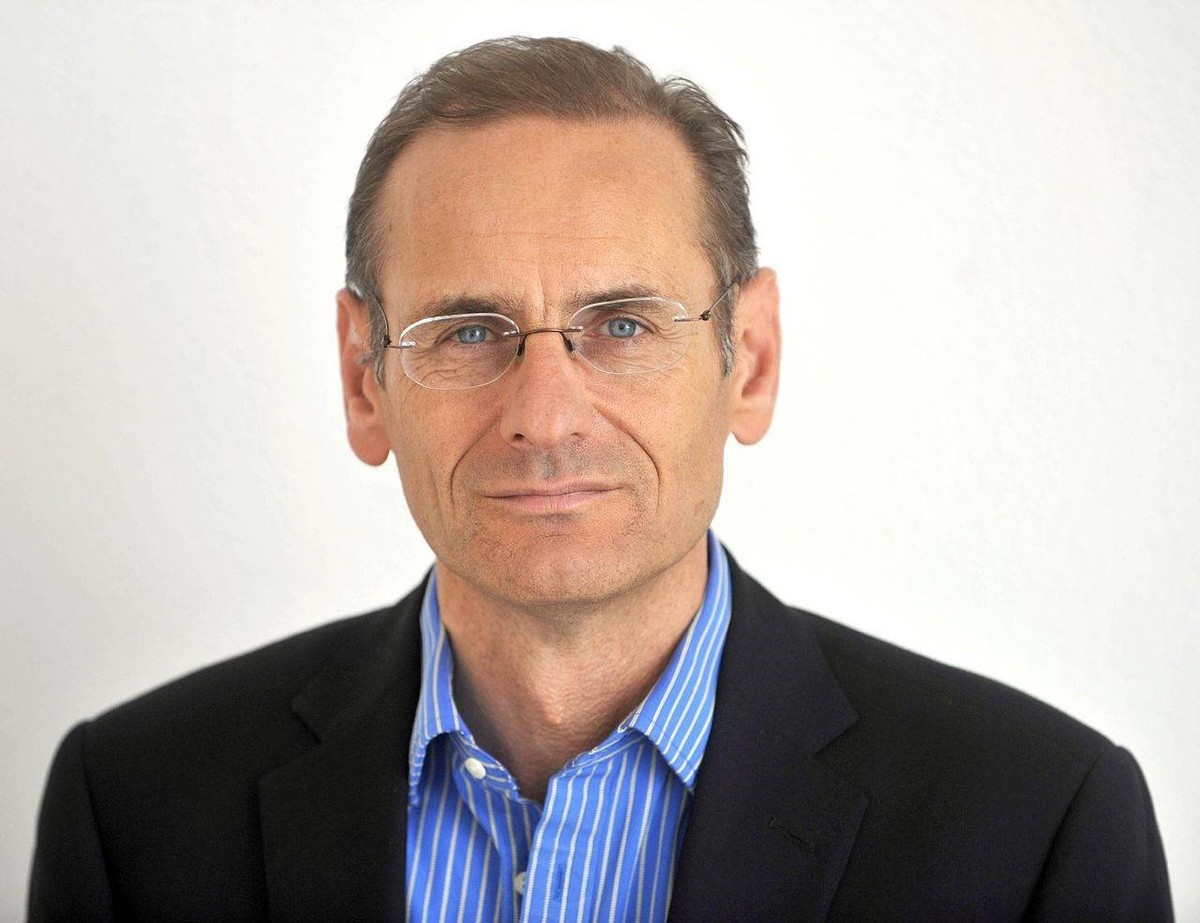
Roger Harrabin
Roger Harrabin is the BBC's Energy and Environment Analyst, and one of their senior journalists on the environment and energy. He has broadcast on environmental issues since the 1980s and has won many awards in print, TV and radio. Aside from his speciality he has covered many major general news stories.
Roger is a Visiting Fellow at Green Templeton College, Oxford, an Associate Press Fellow at Wolfson College, Cambridge and has received an Honorary Doctorate of Science from Cranfield University.
Roger is on the discussion panel in our The changing language of climate session on Tuesday 13 October 12:00
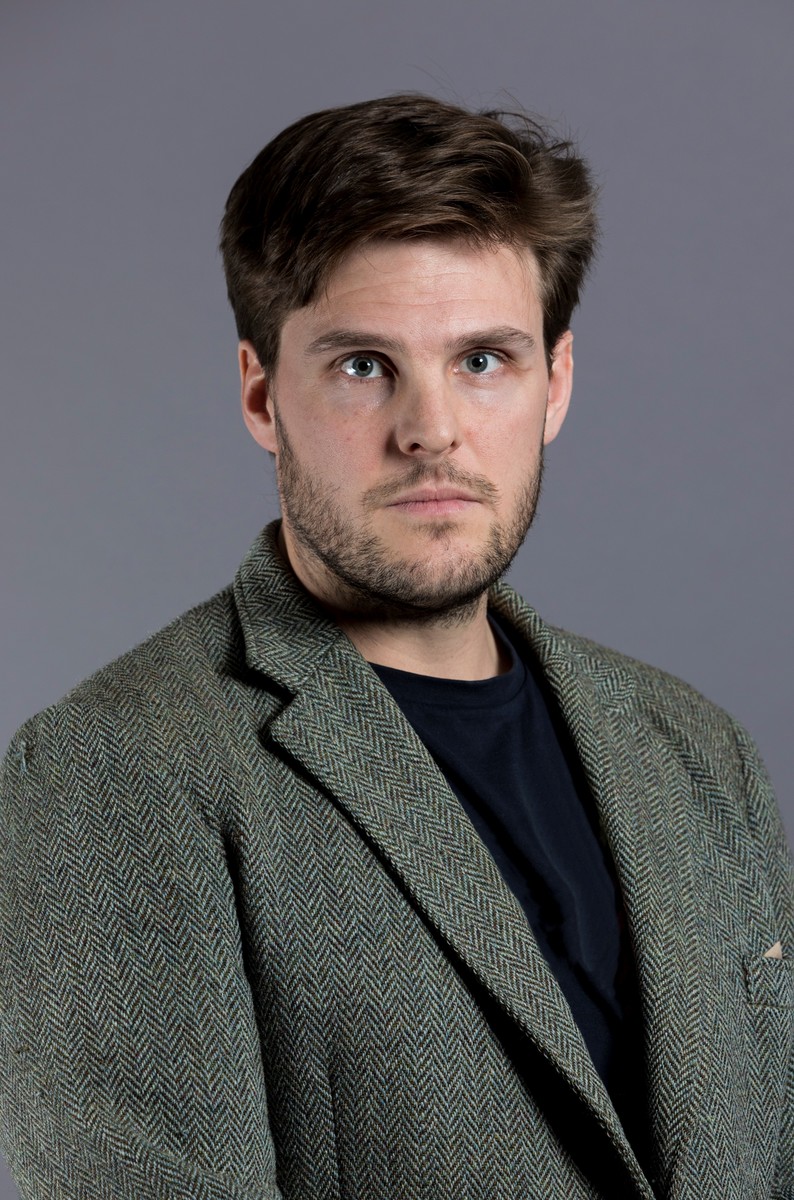
Hal Hodson
Hal Hodson is The Economist’s Asia technology correspondent, focusing on the electronics manufacturing industry and the implications of tensions between America and China. He joined the paper in 2016 as science and technology correspondent, based in London. Before that he worked at New Scientist in Boston and London. Hal graduated in 2010 from Trinity College Dublin with a degree in astrophysics.
Hal is on the discussion panel in Quiz the finalists: Part Two on Thursday 15 October 09:50
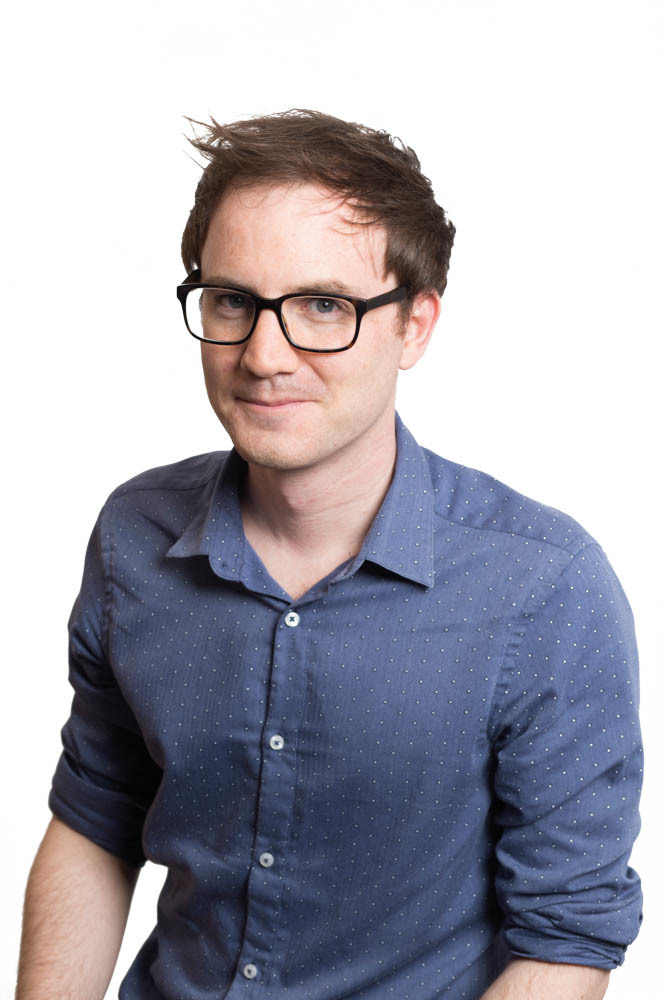
Joshua Howgego
Joshua Howgego is a feature editor at New Scientist, focusing on physical science.
He trained as a chemist at the University of Bristol and previously worked at SciDev.Net, a media outlet that reports on the intersection of science and global development.
Joshua is on the discussion panel in our Dos and don'ts of pitching session on Wednesday 14 October 15:00
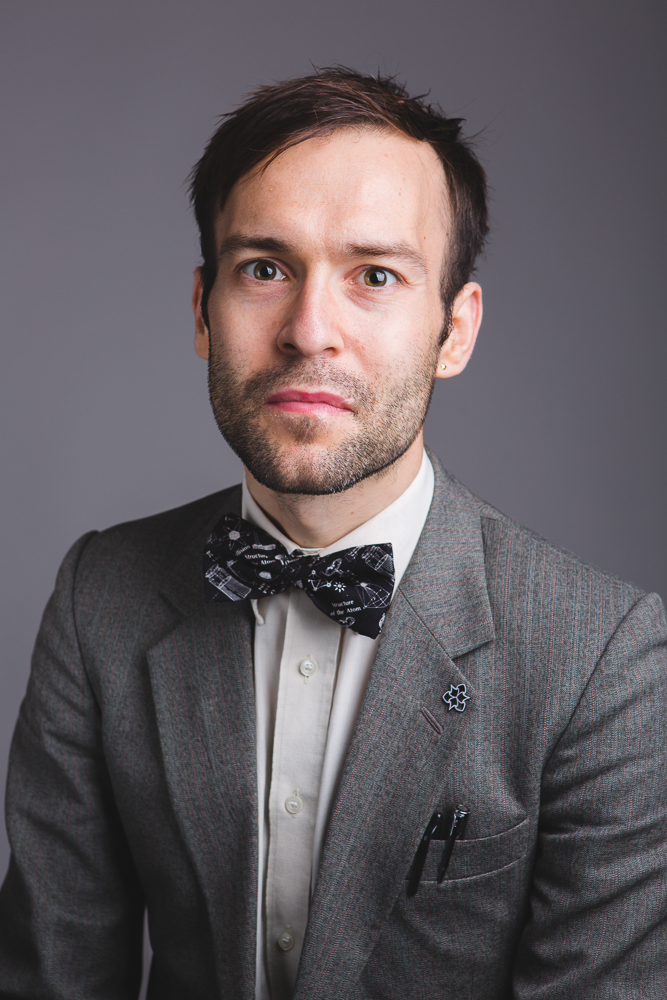
Sam Illingworth
Dr Sam Illingworth is a Senior Lecturer in Science Communication at the University of Western Australia, where his work focuses on using poetry and games to facilitate dialogue between scientists and non-scientists. You can find out more about his work and research via his website: www.samillingworth.com and connect with him on Twitter @samillingworth. His latest game is Carbon City Zero, a card game to start conversations about climate change.
Sam will give a short talk in our Learning, socialising and communicating through games session before we head over to the Board Game Arena on Thursday 15 October 13:10
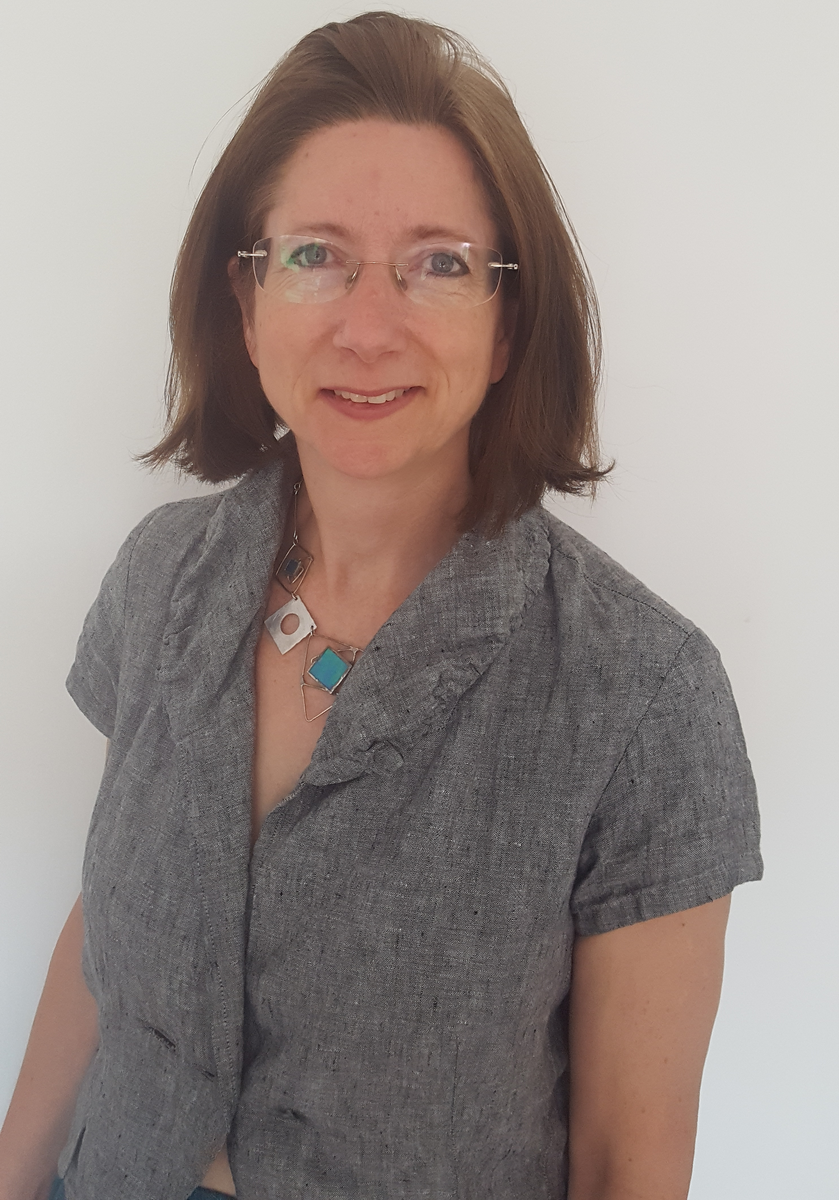
Aisling Irwin
Aisling Irwin is Secretary to the ABSW Board.
She freelances, mostly about science, the environment and development. Her work appears in publications such as New Scientist, Nature and SciDev.Net.
She has lived in, and freelanced from, various countries in Asia and Africa and is the author of a couple of books - a travel guide to Cape Verde and the story of an African journey she did with her husband.
In the distant past she was science correspondent on The Daily Telegraph. She has won a couple of awards for her writing and has been on the ABSW Board for four years.
Aisling has organised three sessions in the programme: Quiz the finalists: Part One on Tuesday 13 October 16:10 and Quiz the finalists: Part Two and Solutions journalism on Thursday 15 October 09:50 and 13:30
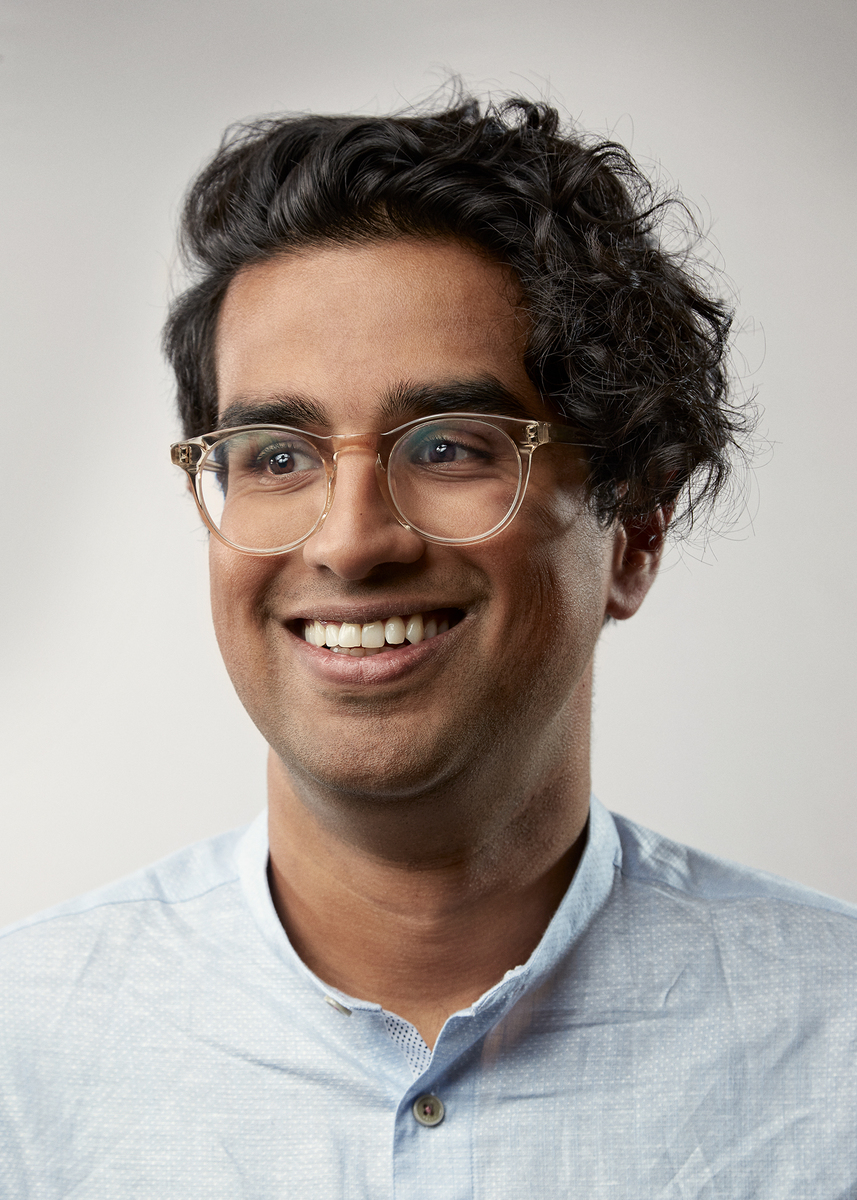
Amit Katwala
Amit Katwala is a Senior Editor at WIRED, where he writes about the collision between science and society, edits the Culture section of the website and co-edits the Start section of the magazine.
His first book, The Athletic Brain – How Neuroscience Is Revolutionising Sport, was published in 2016 by Simon & Schuster, and he has also contributed to The Guardian, The Times, Sport magazine and more.
Amit is on the discussion panel in Quiz the finalists: Part One on Tuesday 13 October 16:10
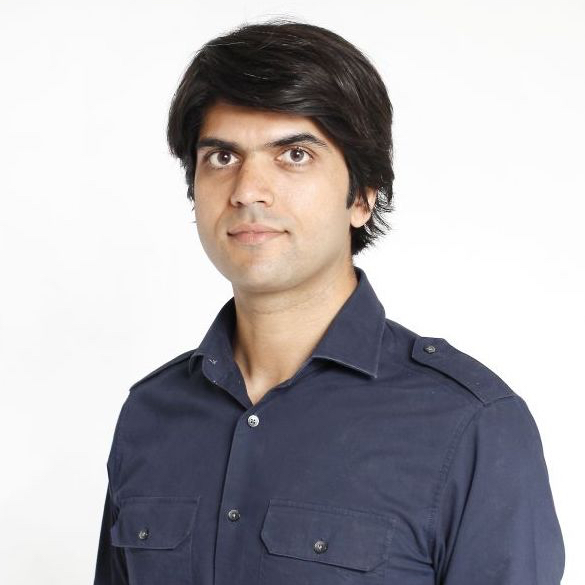
Alok Jha
Alok Jha is a science correspondent for The Economist, writing on everything from cosmology to particle physics and stem cells to climate change. Before that, he was science correspondent for ITN and The Guardian, covering daily news and current affairs for more than a decade. He has also written and presented multiple TV and radio documentary series for the BBC. In 2018, he spent a year as a Wellcome fellow, developing new storytelling formats for complex topics.
He has reported from all over the world, including live from Antarctica, and is also the author of three popular science books, including The Water Book (Headline, 2015).
Alok is on the discussion panel in Quiz the finalists: Part Two on Thursday 15 October 09:50
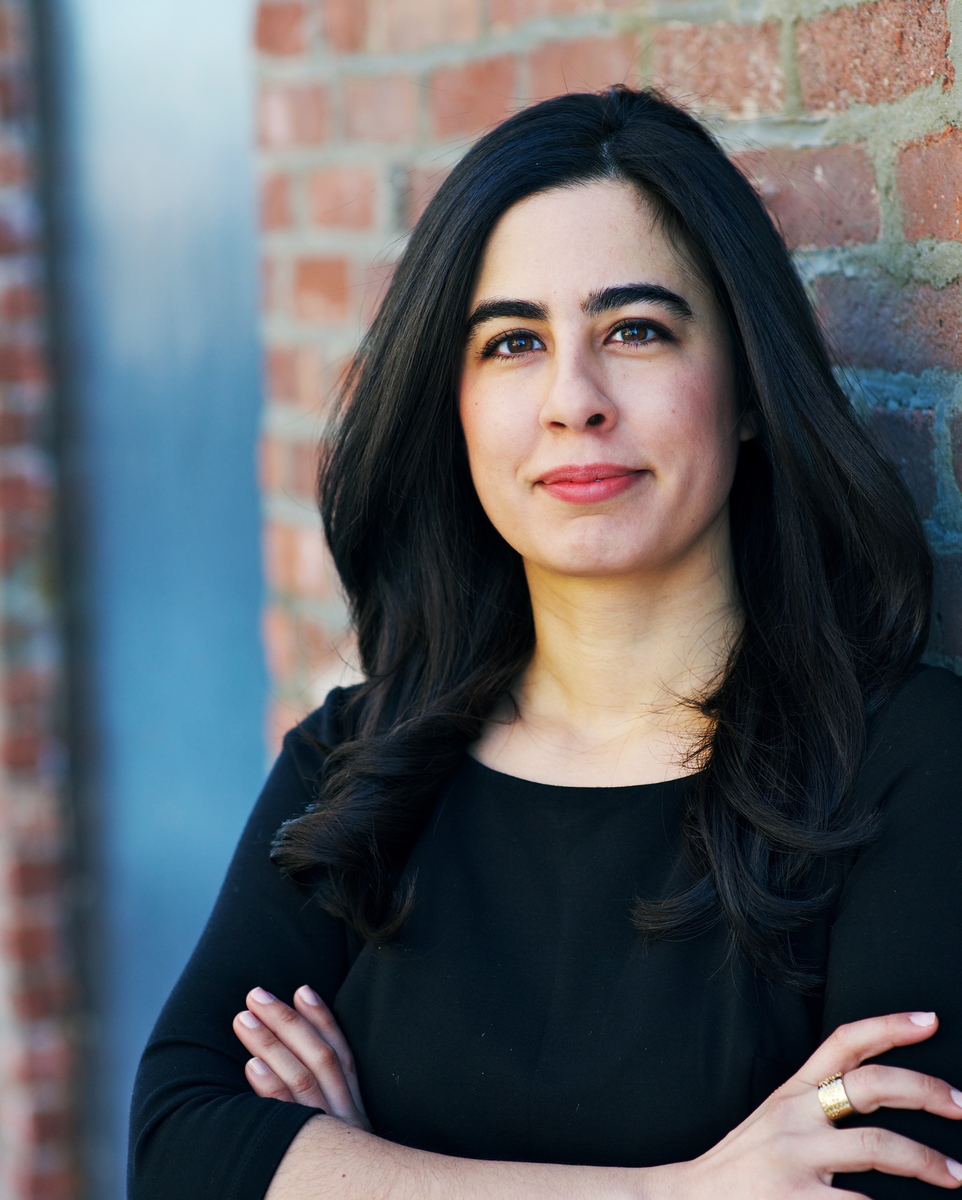
Roxanne Khamsi
Roxanne Khamsi is an award-winning journalist whose articles have appeared in publications such as The Economist, WIRED magazine and The New York Times Magazine.
Recognition for Roxanne’s writing includes the American Medical Writers Association’s Walter C. Alvarez Award and first-place awards from the Association of Health Care Journalists. For more than a decade, she served as Chief News Editor at the international biomedical journal Nature Medicine.
In addition to her work as a writer and editor, she has taught at Stony Brook University’s Alan Alda Center for Communicating Science and at the Craig Newmark Graduate School of Journalism at the City University of New York. Roxanne earned her degree in biology from Dartmouth College, with a concentration in genetics.
Roxanne is on the discussion panel in our How to survive as a freelance journalist session on Wednesday 14 October 13:30
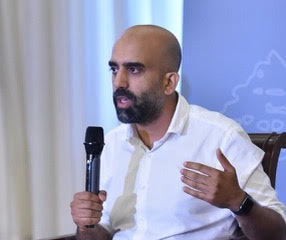
Amil Khan
Amil Khan is the founder of Valent Projects, a digital communications agency for social impact and a former UK government senior strategic communications expert with a special focus on international conflict. His work has ranged from countering disinformation to supporting complex socio-economic policy shifts.
A former Chatham House associate fellow, Amil came to government after an award-winning career in journalism, working for the BBC and Reuters.
Amil is on the discussion panel in our Disinformation and how to counter it session on Wednesday 14 October 11:30
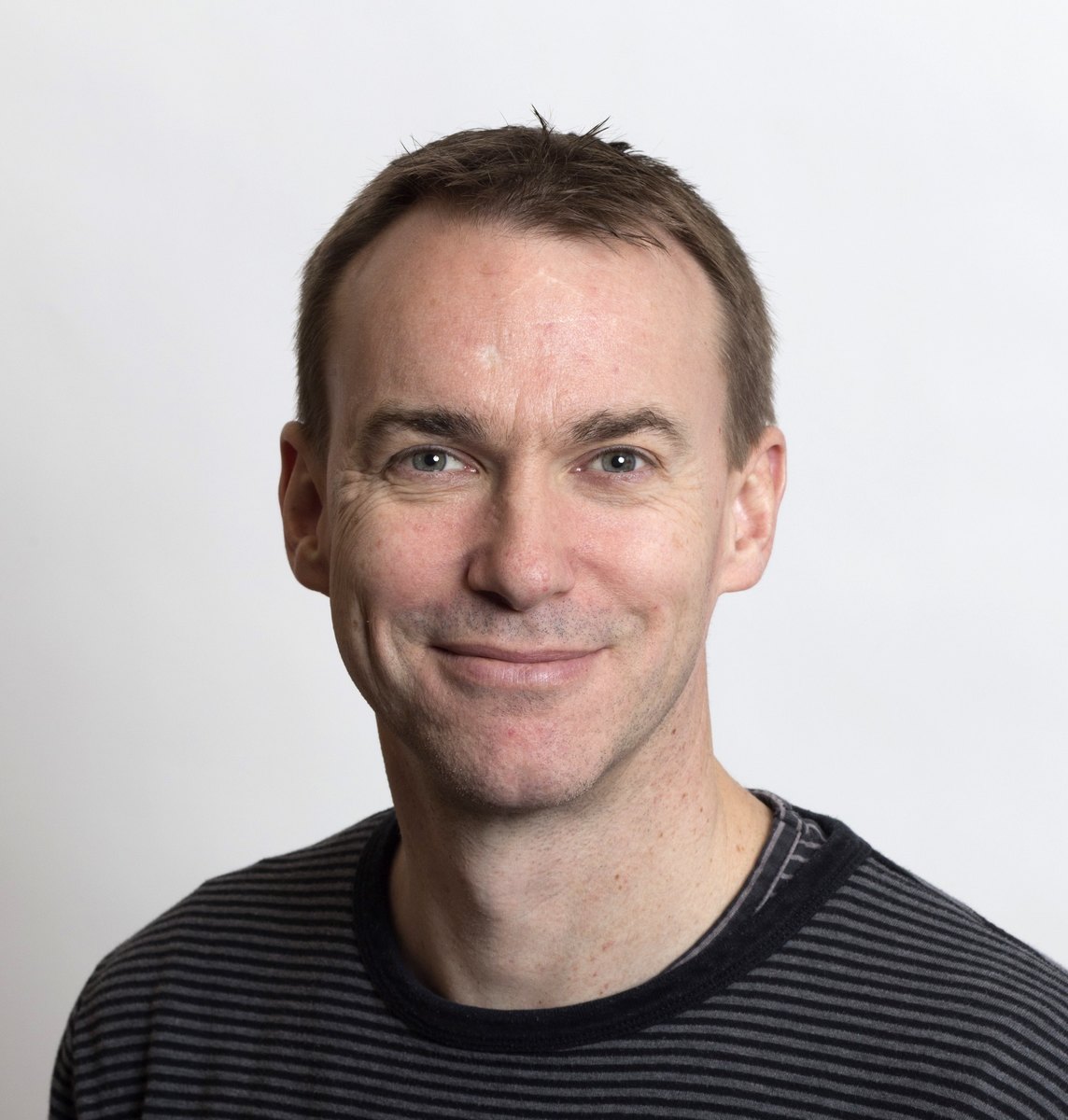
Michael Le Page
Michael Le Page worked as a features editor at New Scientist for several years before becoming a full-time reporter. He writes about everything from climate change to CRISPR.
Michael is on the discussion panel in Quiz the finalists: Part One on Tuesday 13 October 16:10

Mun Keat Looi
Mun Keat Looi is International Features Editor for the British Medical Journal. He’s worked in science journalism for over 15 years and is author of two books, Big Questions in Science: The quest to solve the great unknown (2013) and The Geek Guide to Life (2016).
He won the silver Rising Star Award at the 2015 British Media Awards and has written and produced news, features, podcasts, and videos for Mosaic, Quartz, The Guardian, BBC Focus, Chemistry World and others.
Mun Keat is moderating our Quiz the finalists sessions on Tuesday 13 October 16:10 and Thursday 15 October 09:50
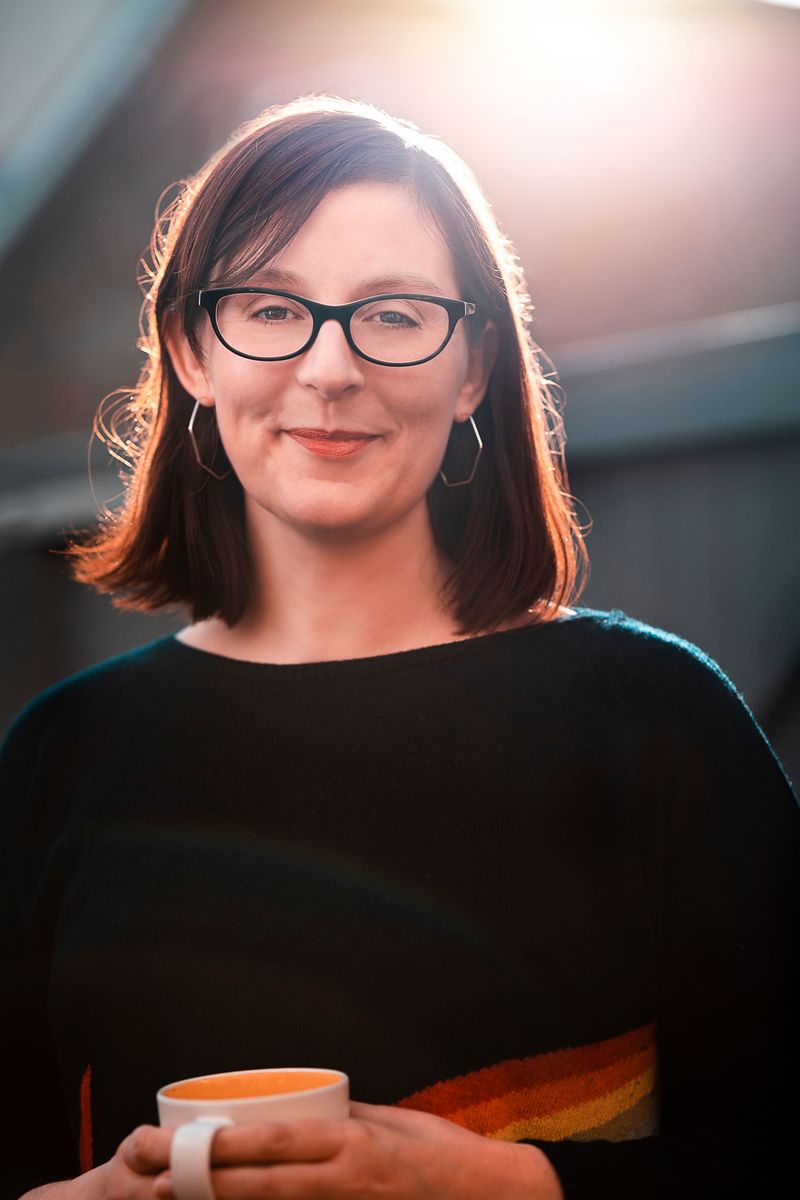
Lucy Maddox
Dr Lucy Maddox is a consultant clinical psychologist and writer. She works with children, young people and adults and has a special interest in workplace wellbeing.
Lucy is on the discussion panel in our Mental wellbeing for science journalists session on Wednesday 14 October 15:00
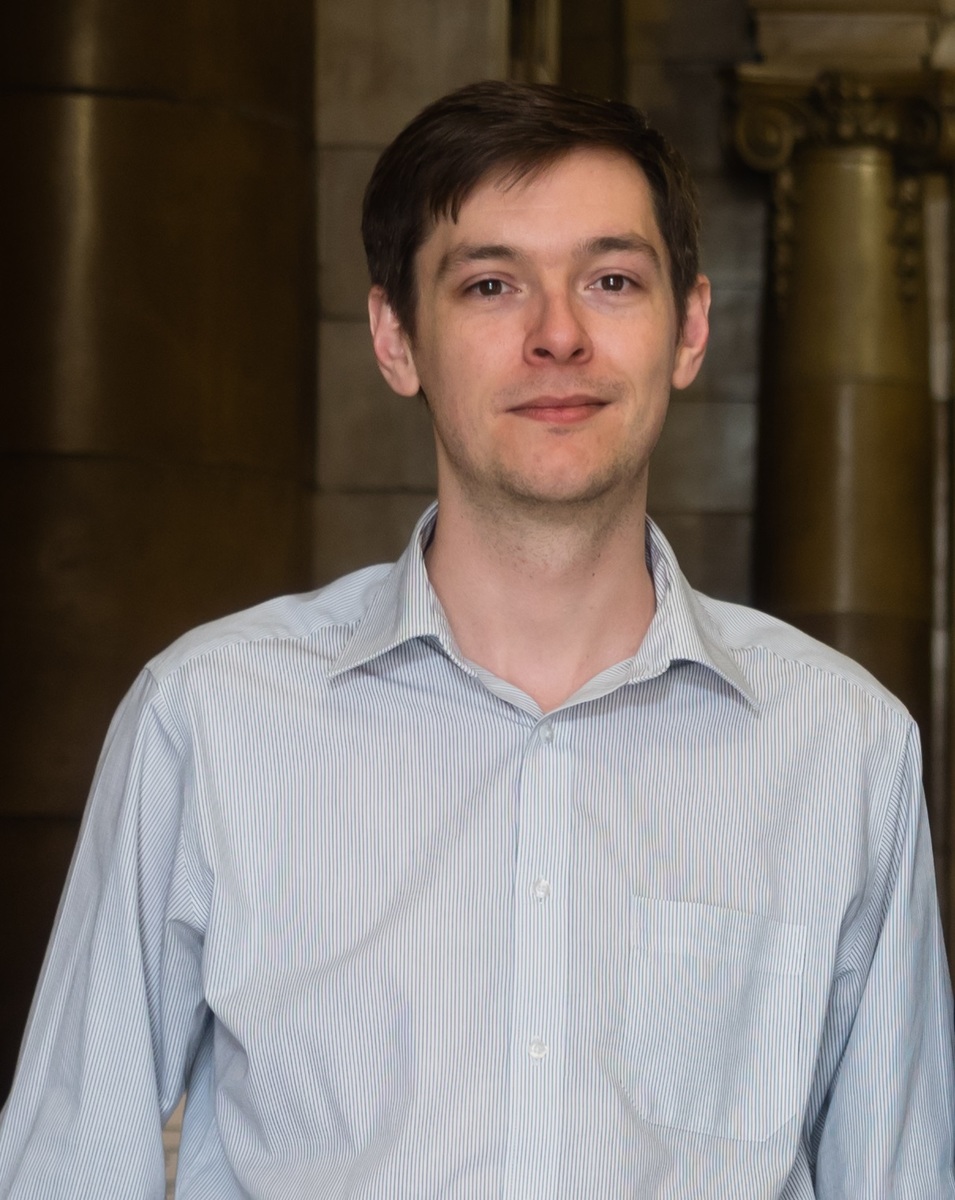
Michael Marshall
Michael Marshall is the Project Director of the Good Thinking Society and the President
of the Merseyside Skeptics Society. He regularly speaks with proponents of
pseudoscience and conspiracy theory for the Be Reasonable podcast.
His work has seen him organising international homeopathy protests, going undercover to expose psychics and quack medics, and reporting from a weekend spent at the UK’s first ever Flat Earth convention. He has written for The Guardian, The Times, New Scientist and New Statesman.
Michael is on the discussion panel in our Disinformation and how to counter it session on Wednesday 14 October 11:30
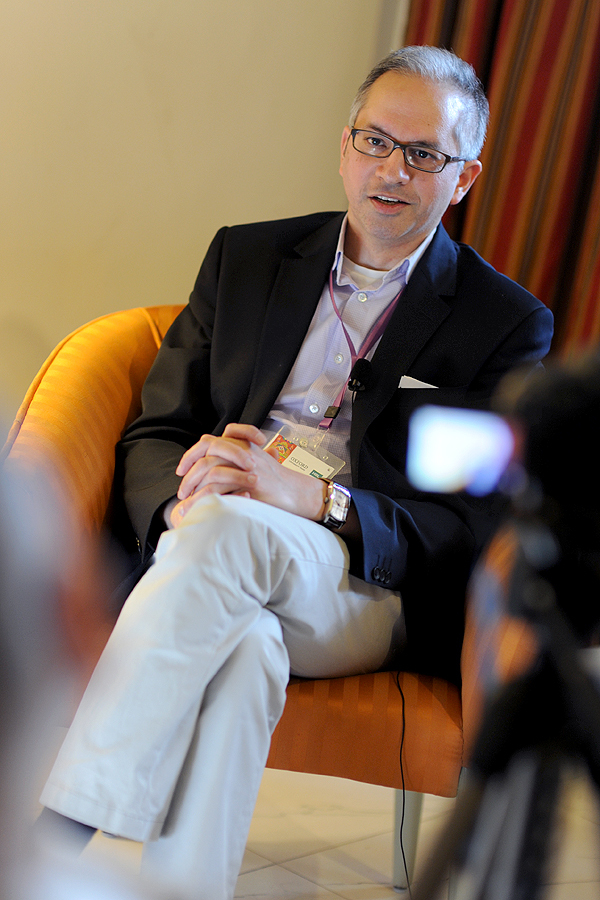
Ehsan Masood
Ehsan Masood is Editorials Editor, and Bureau Chief for Africa and the Middle East at the science journal Nature.
His latest book is The Great Invention, how GDP became the world’s dominant economic indicator.
He is also a former Knight Science Journalism Fellow at the Massachusetts Institute of Technology and has written and presented documentary programmes for BBC Radio 4.
Ehsan has organised and is moderating our A brilliant book proposal session on Wednesday 14 October 16:50
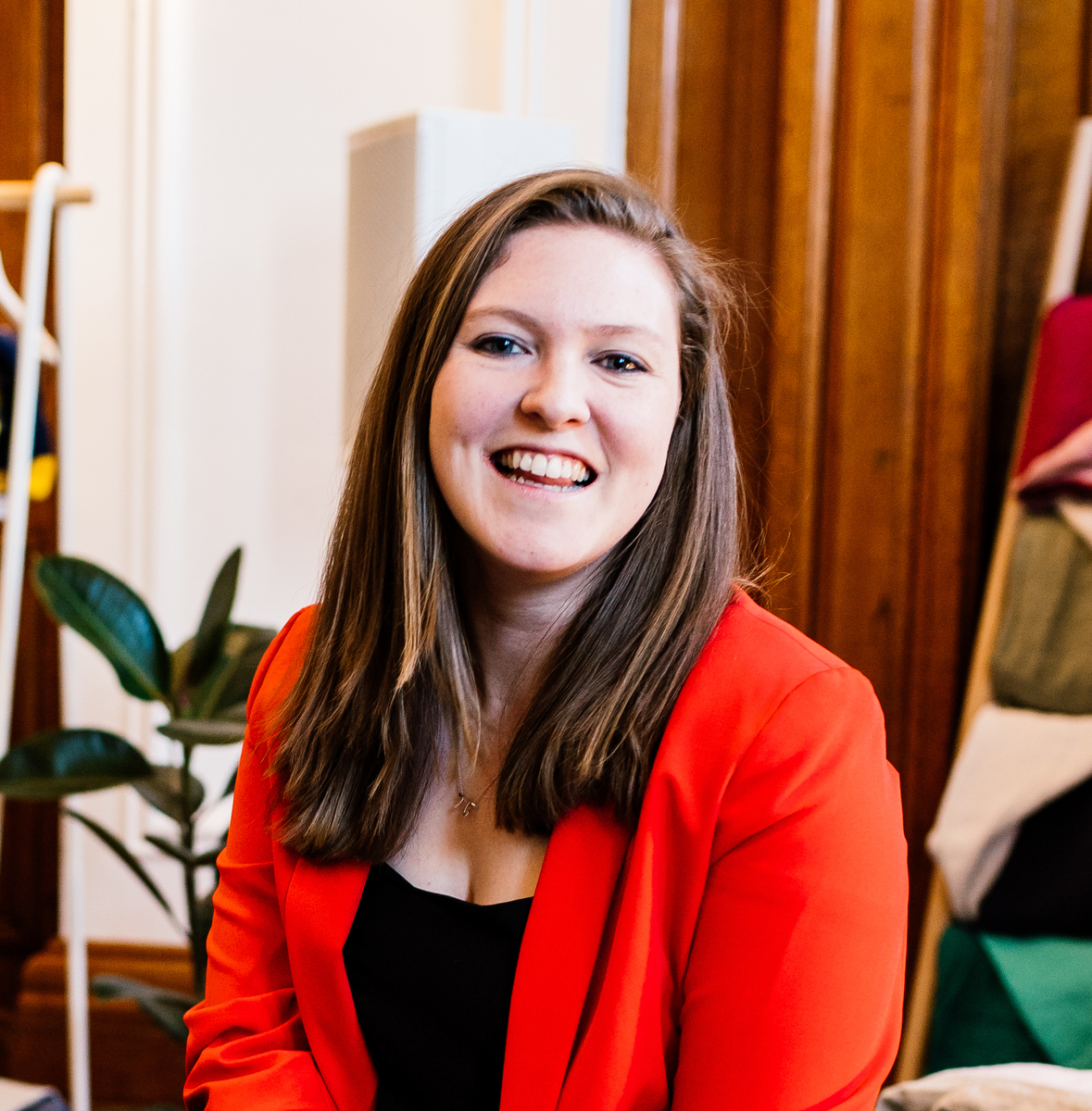
Gemma Milne
Gemma Milne is a London-based freelance science & technology writer and author of Smoke & Mirrors: How Hype Obscures the Future and How to See Past It. She is also Co-Host of the Science Disrupt podcast.
Gemma is an Expert Advisor for the European Commission and Innovate UK, a Scout for Backed VC, an Innovation Jury Member for SXSW and a World Economic Forum Global Shaper.
Gemma is on the discussion panel in our Writing a killer newsletter session on Tuesday 13 October 17:50
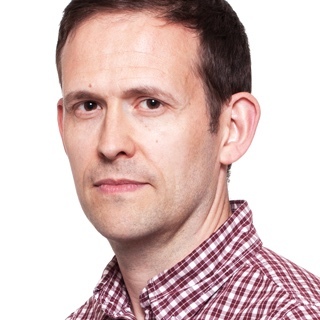
Chris Moran
Chris Moran is The Guardian's head of editorial innovation. He's been at the heart of The Guardian's digital transformation for over a decade, creating The Guardian's audience team and co-creating Ophan, the world-leading real time data tool for newsrooms.
In his seven years running audience, he played a key role in transforming The Guardian into one of the biggest news websites in the world by refining and applying responsible ways of engaging new readers off platform and translating them into loyal readers. He is the editorial lead on developing new products and innovative ways of telling stories and designed and led The Guardian's hugely successful initiative for focusing their journalism, reducing the number of unread pieces while continuing to grow engaged readership.
Chris is on the discussion panel in our How to measure success session on Wednesday 14 October 16:40
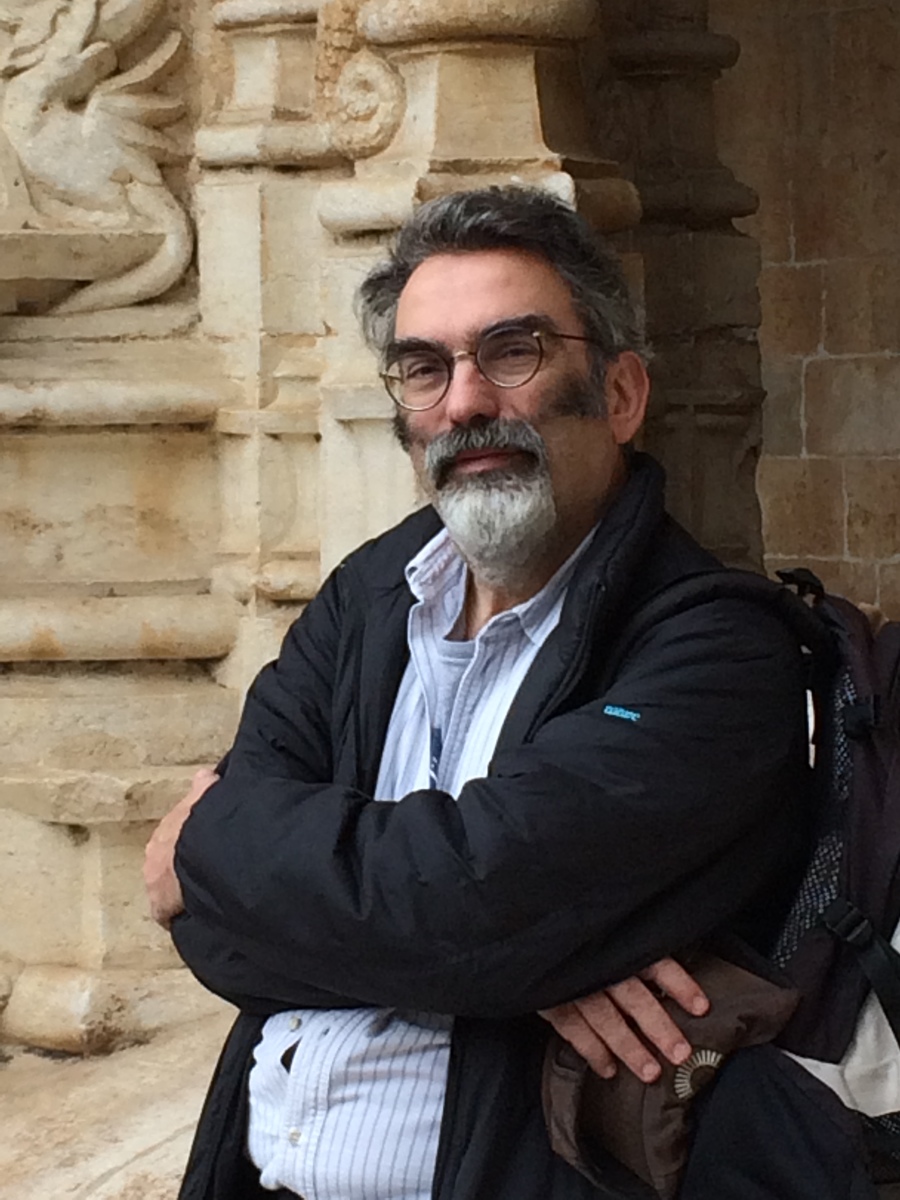
Oliver Morton
Oliver Morton writes about scientific and technological change and their effects. He concentrates on the understanding and imagining of planetary processes, with climate change on Earth foremost among them.
He is currently a senior editor at The Economist. He has also been Chief News and Features Editor at Nature and editor of WIRED UK and has contributed to a wide range of other publications, including the New York Times, the New Yorker and the Hollywood Reporter. His journalism has won various professional awards, and his only foray into science fiction, The Albian Message, was selected for Year’s Best SF 11 (2006), among other anthologies.
He is the author of four books: Mapping Mars: Science, Imagination and the Birth of a World (2002), which was shortlisted for The Guardian First Book Award; Eating the Sun: How Plants Power the Planet (2007), a book of the year in The Spectator and The Times Literary Supplement; The Planet Remade: How Geoengineering Could Change the World (2015), longlisted for the Samuel Johnson Prize and shortlisted for the Insight Investment Royal Society Book Prize; and The Moon: A History for the Future (2019), a The Sunday Times science book of the year.
He is an honorary professor in the Department of Science, Technology, Engineering and Public Policy at UCL and has a degree in the history and philosophy of science from Cambridge University. He lives with his wife in Greenwich, England, and Asteroid 10716 Olivermorton is named in his honour.
Oliver is running a surgery in our Meet the experts session on Thursday 15 October 11:30
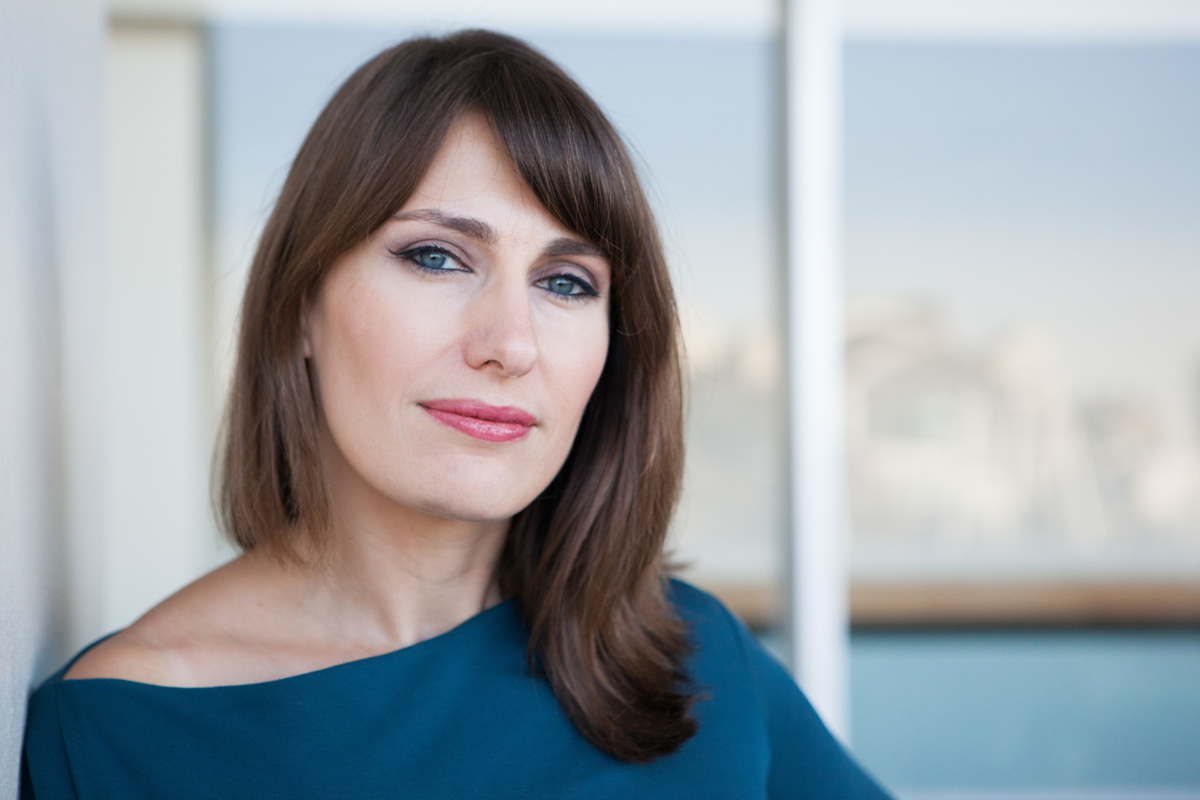
Alex O'Brien
Alex O’Brien is a London based science writer. Her work has appeared in The Guardian, Scientific American, Discover Magazine, Medium, The Huffington Post, Gizmodo, Delayed Gratification and others.
She is a co-founder of EquationX - A series of science related leadership events hosting talks and debates.
Alex is also keen amateur poker player. In 2019 she came 8th in a prestigious online poker tournament, besting over 11,000 other players.
Her début non-fiction science book The Truth Detective will be published by Profile Books in 2021.
Alex helped organise two sessions - The changing language of climate and How to measure success, and is on the dicussion panel in our A brilliant book proposal session on Wednesday 14 October 16:50
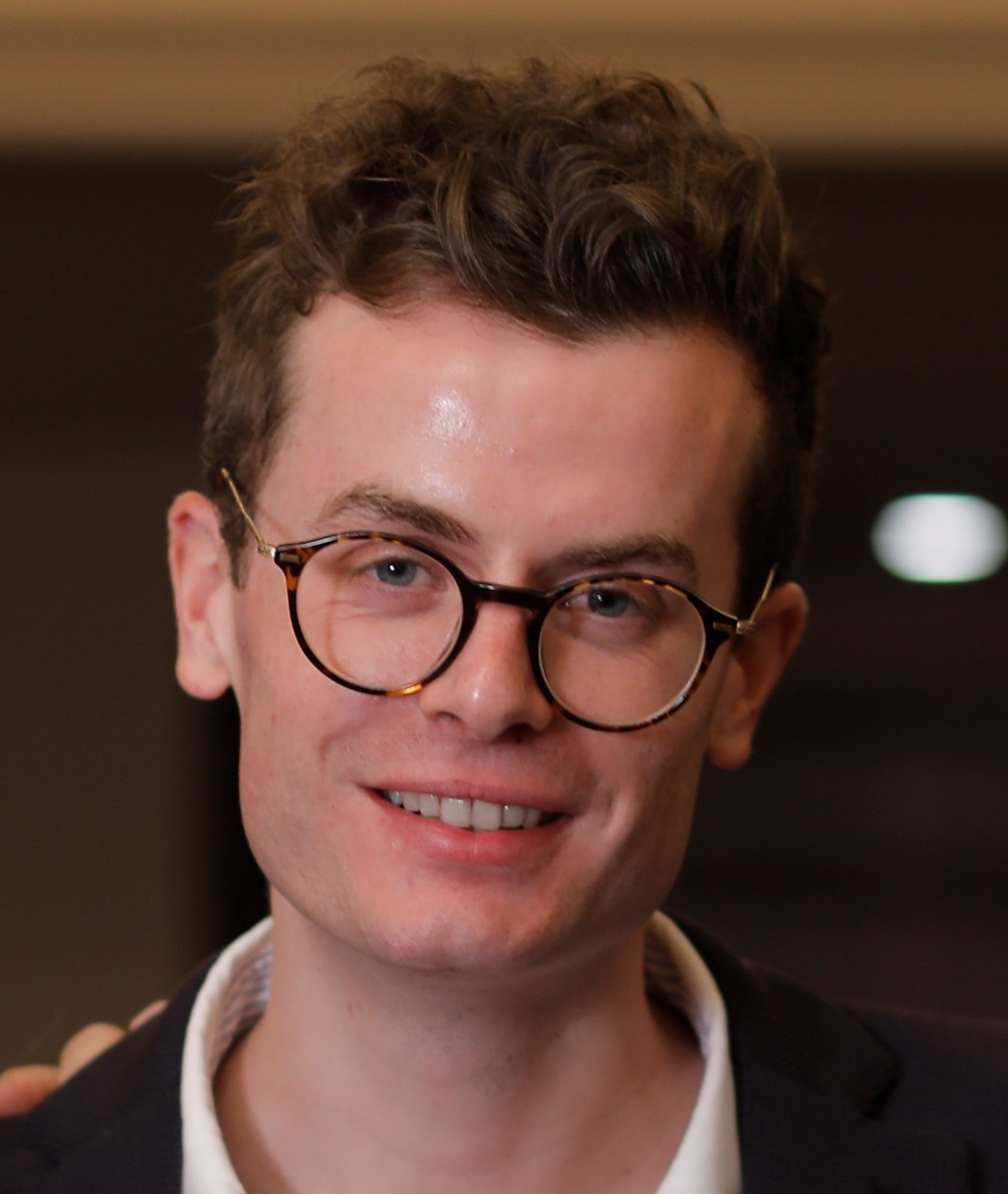
Benjamin Plackett
Benjamin Plackett is a full time freelance science journalist. Since 2013, he has been reporting on science in the Middle East - from rebuilding the University of Mosul in Iraq after its liberation from the Islamic State to the region's growing threat of wildfires. His articles have been published by Nature, Associated Press, Al-Fanar Media, Chemical & Engineering News and Engadget amongst others.
Benjamin is on the discussion panel in our How to survive as a freelance journalist session on Wednesday 14 October 13:30
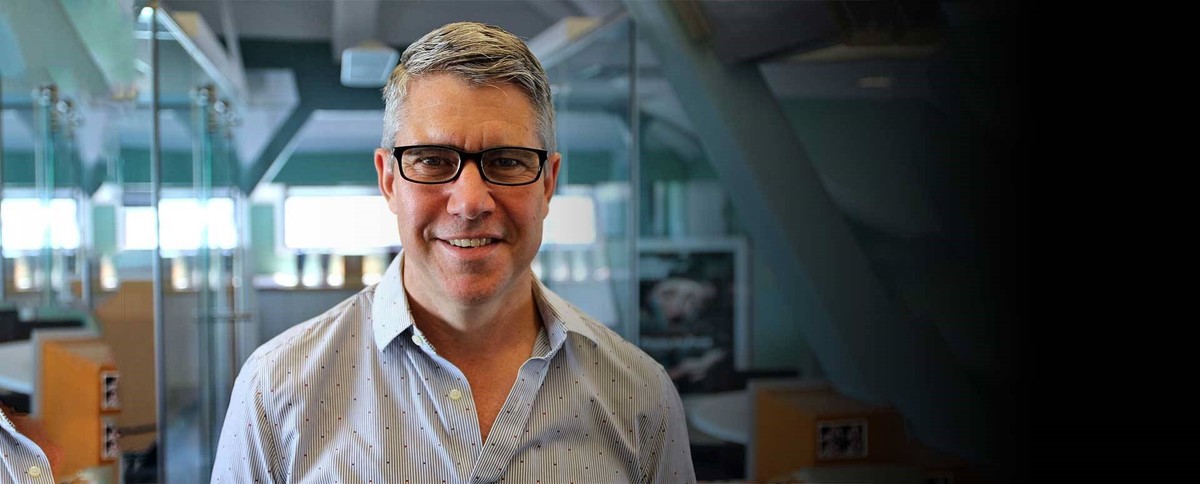
Kyle Pope
Kyle Pope is the Editor and Publisher of the Columbia Journalism Review (CJR). Before joining CJR, he held top posts at The Wall Street Journal, Condé Nast, and The New York Observer. His work has been published in The New York Times, The Los Angeles Times, The New Republic and elsewhere. He has served as a judge for the Pulitzer Prizes and the National Magazine Awards, and in the summer of 2017, he testified before Congress on threats to the press.
Kyle is on the discussion panel in our The changing language of climate session on Tuesday 13 October 12:00
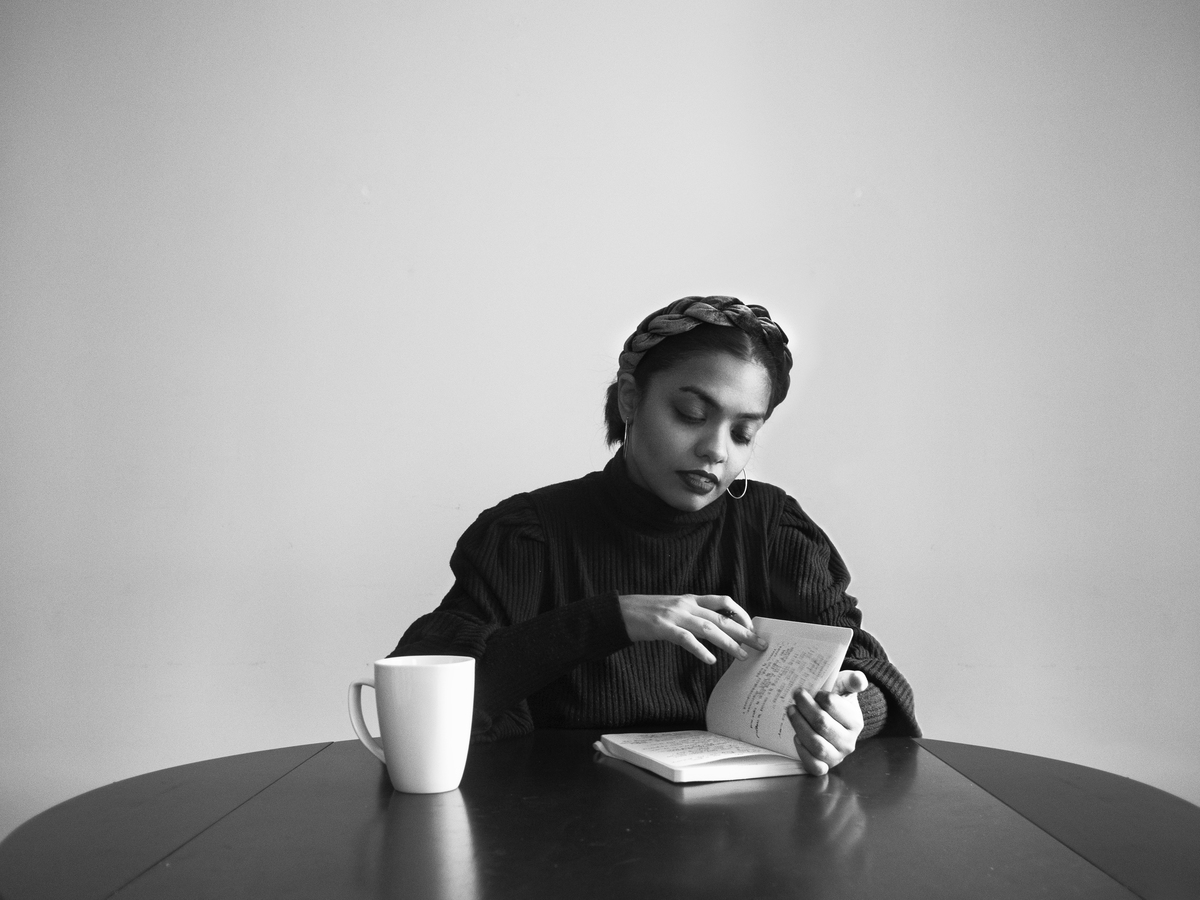
Sonali Prasad
Sonali Prasad is an independent journalist from India covering science, climate, and environmental issues. She recently finished her Knight Science Journalism Fellowship at the Massachusetts Institute of Technology (MIT) in Boston, USA. Her stories have taken different forms, from print, video, data visualization to art and installations. Her work has been published in several outlets such as The Guardian, The Washington Post, Hakai Magazine, Mongabay, and Esquire Singapore.
Previously, she worked as an investigative reporter at Columbia University’s Energy and Environment Project, and her team’s series on dirty fossil fuel projects won an Honorable Mention at the Society Of Environmental Journalists awards. She has also worked on an ambitious team project funded by a Magic Grant from the Brown Institute Of Media Innovation that combined technology and storytelling to pull out coral reef health data from underwater images. She is a former Google News Lab Fellow and Pulitzer Traveling Fellow.
Sonali is on the discussion panel in our Free money! How to secure grants session on Tuesday 13 October 13:40
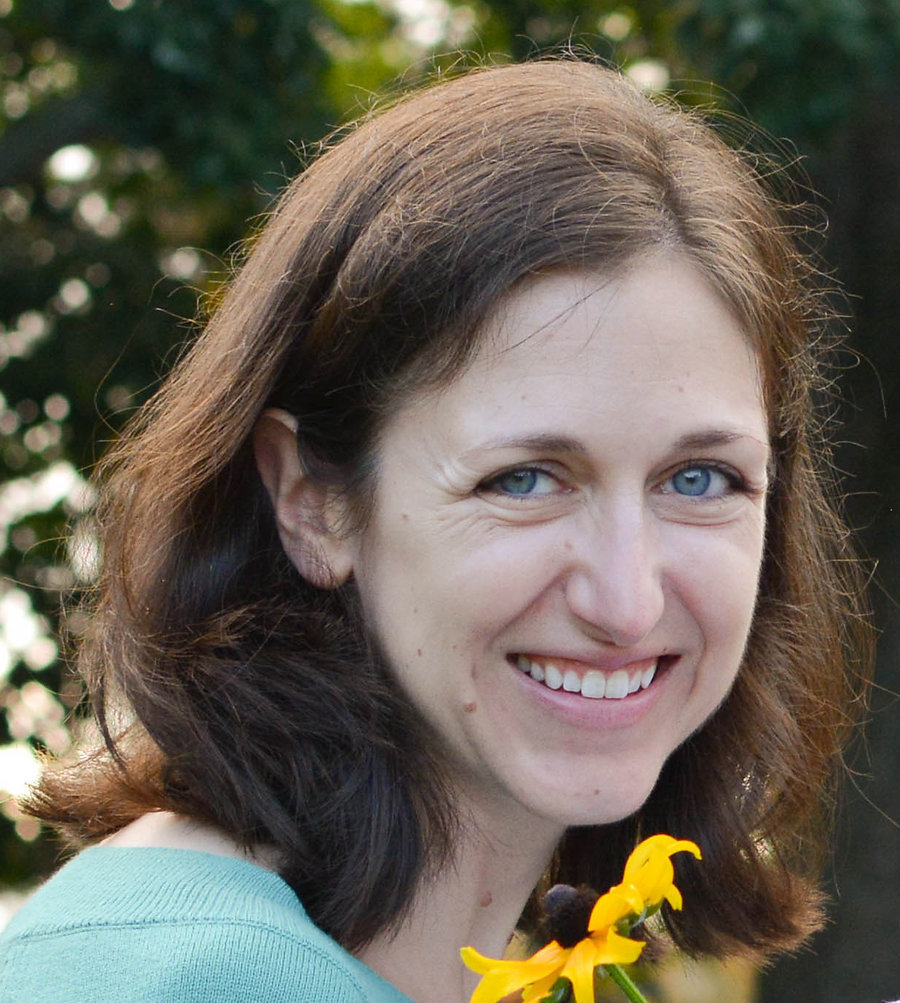
Elizabeth Preston
Elizabeth Preston has been a full-time freelance science journalist since 2014. She writes for publications including the New York Times, the Boston Globe, Science, and Quanta.
Elizabeth is on the discussion panel in our How to survive as a freelance journalist session on Wednesday 14 October 13:30
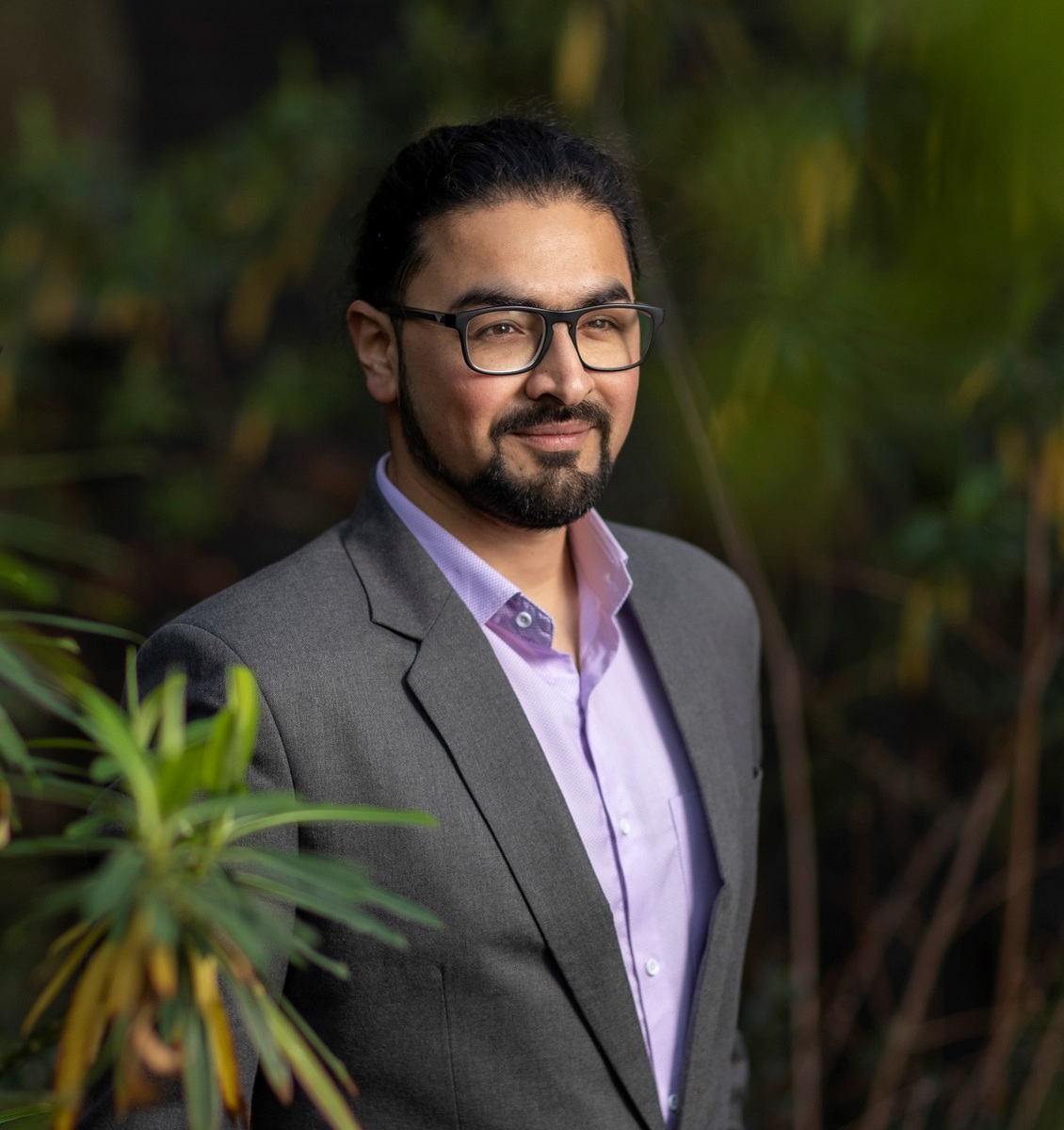
Akshat Rathi
Akshat Rathi is a London-based reporter for Bloomberg News. He has a PhD in organic chemistry from the University of Oxford, and a BTech in chemical engineering from the Institute of Chemical Technology in Mumbai.
Akshat is on the discussion panel in our Writing a killer newsletter session on Tuesday 13 October 17:50
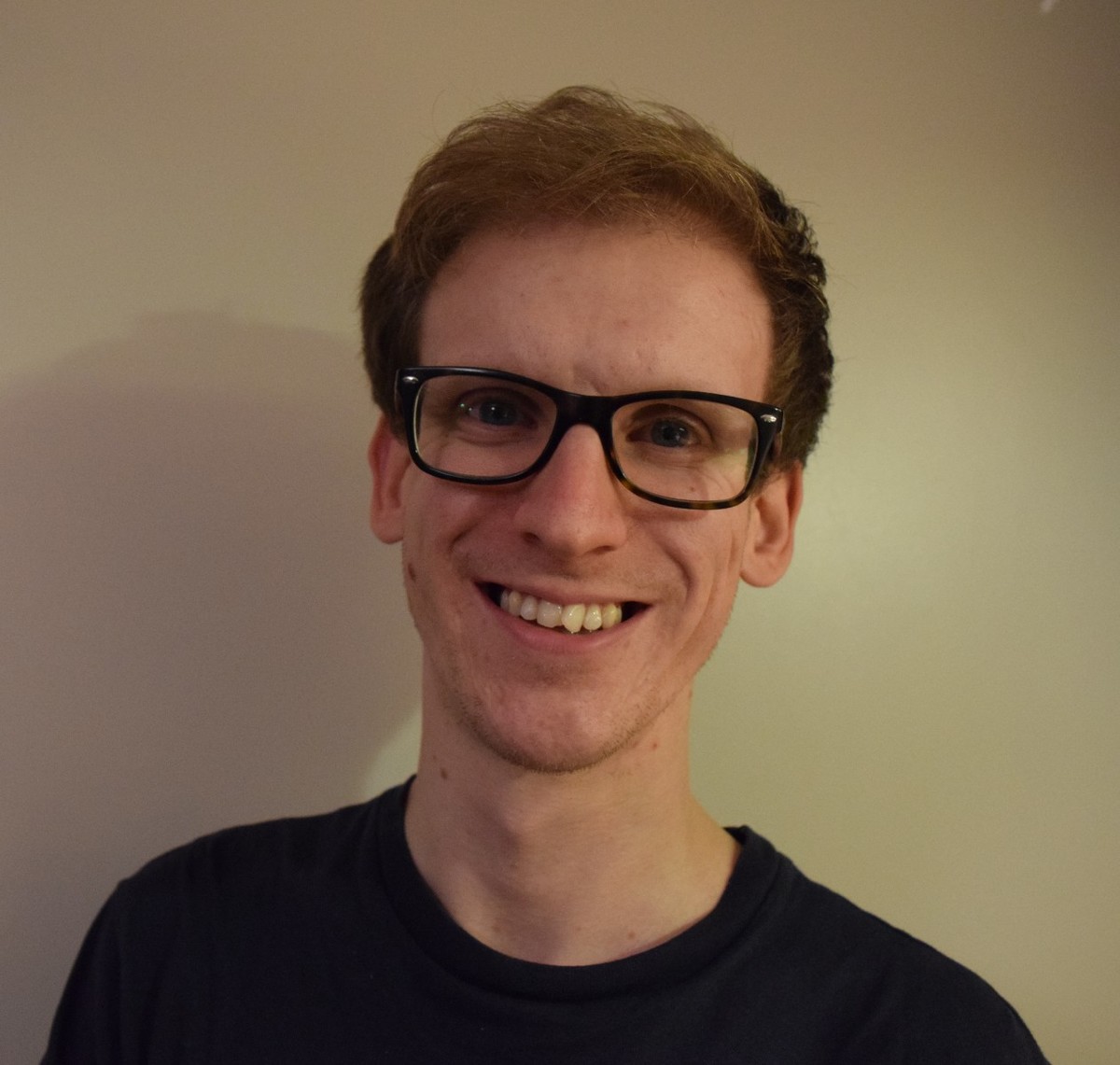
Matt Reynolds
Matt Reynolds is the science editor at WIRED UK magazine, where he writes and edits stories about everything from eel trafficking to gene-edited tomatoes. Before joining WIRED he was a technology reporter at New Scientist magazine.
Matt is on the discussion panel of our Dos and don'ts of pitching session on Wednesday 14 October 15:00 and is running a surgery in our Meet the experts session on Thursday 15 October 11:30
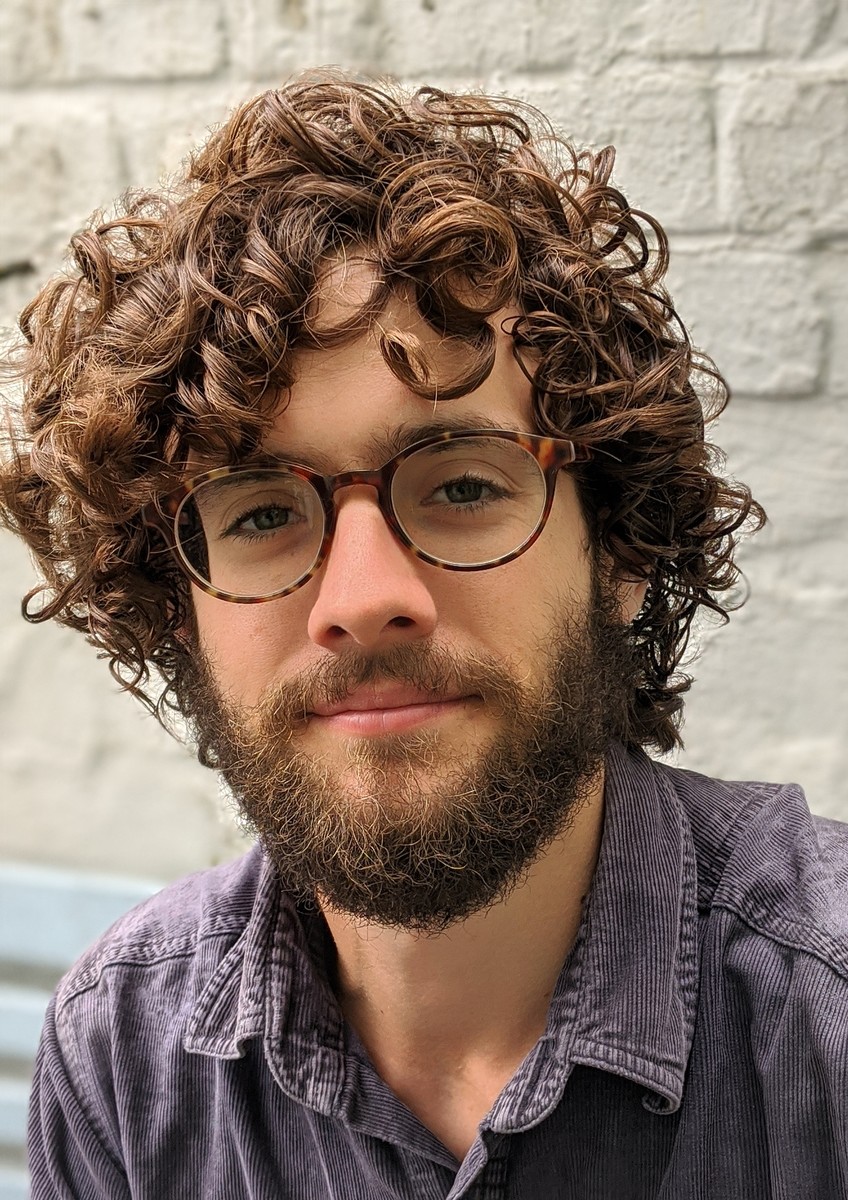
Alex Riley
Alex Riley is an award-winning science writer and the author of A Cure for Darkness: The Story of Depression and How We Treat It, set to be published in February 2021.
He received the 2019 British Association of Science Writers Award for Best Feature for his reporting on The Friendship Bench, a project that began in Zimbabwe in 2006 and has since provided mental health care to thousands of people around the world. In the summer of 2017, he wrote On Being a Science Writer and Managing a Mental Illness for The Open Notebook, a feature that combined his own experience with depression with science writers who live with OCD, generalised anxiety disorder, and bipolar disorder.
His work has appeared in BBC Future, Mosaic, Science, New Scientist, PBS’s NOVA Next, Aeon, Hakai, and Nautilus Magazine.
Alexi is a panellist in our Mental wellbeing for science journalists session on Wednesday 14 October 15:10 and in our Quiz the finalists: Part 2 session on Thursday 15 October 09:50
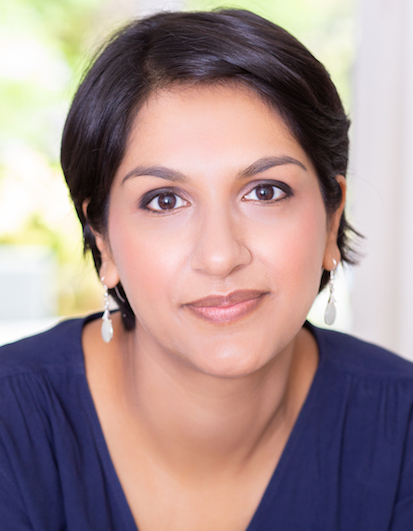
Angela Saini
Angela Saini is an award-winning British science journalist and broadcaster. She presents science programmes on the BBC, and her writing has appeared in New Scientist, The Sunday Times, National Geographic and WIRED.
Her latest book, Superior: the Return of Race Science, was a finalist for the LA Times Book Prize and named a book of the year by The Telegraph, Nature and Financial Times. Her previous book, Inferior: How Science Got Women Wrong, has been translated into thirteen languages.
Angela has a Masters in Engineering from the University of Oxford and was a Fellow at the Massachusetts Institute of Technology.
Angela has organised and is moderating our Disinformation and how to counter it session on Wednesday 14 October 11:30; she is also moderating the discussion after our screening of Picture A Scientist on Tuesday 13 October 19:40
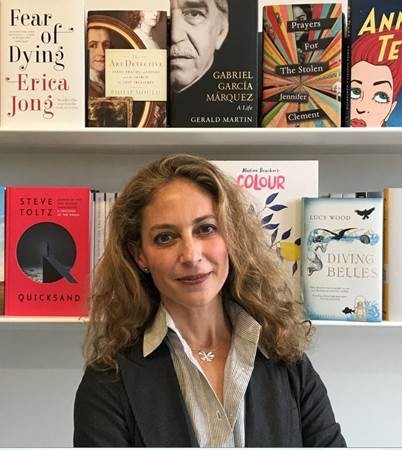
Elizabeth Sheinkman
Elizabeth Sheinkman is a native New Yorker whose publishing career has spanned both sides of the Atlantic. In 2017 Elizabeth joined Peters, Fraser & Dunlop as Senior Agent and Executive Director of the Books Department where she is also a member of the Executive Board bringing her clients along with her, including Booker shortlisted author, Steve Toltz (A Fraction of the Whole, Quicksand), PEN International President and National Book Award nominee Jennifer Clement (Prayers for the Stolen, Widow Basquiat, Gun Love), bestselling nutritional therapist Amelia Freer (Eat, Nourish Glow and Cook, Nourish, Glow), Rupert Isaacson (The Horse Boy), New Yorker cartoonist Marisa Acocella Marchetto, economist Pippa Malmgren (Signals), Somerset Maugham fiction award-winner Lucy Wood, iconic feminist author Erica Jong, UK journalists James Harkin (Vanity Fair/The Guardian) and Mick Brown (The Telegraph), art dealer Philip Mould (presenter of the popular BBC TV series Fake or Fortune) novelist and memoirist Frances Osborne, acclaimed designer/illustrator Marion Deuchars (Let's Make Great Art series), William Sieghart, Founder of the prestigious FORWARD Poetry Prize and National Poetry Day in the UK, architect/designer Thomas Heatherwick, best-selling Turkish writer, musician and human rights activist, Zülfü Livaneli and top UK surgeon Dr. Andrew Jenkinson. Founded in 1924, PFD is one of the most well-established literary and talent agencies in the UK, representing a large and dynamic list of authors, speakers, and distinguished literary estates both in the UK and abroad.
Elizabeth sits on the Creative Council of the Aspen Institute's Summer Words Festival, has served on the faculty of the Breadloaf Writer's Conference in Middlebury, Vermont, has been a featured speaker at the University of East Anglia MFA writing program, the Oxford Summer Books Program and at Trinity College in Dublin. She also participated in the Advisory Board of Mrs. Wordsmith (a recently launched multi-media children's educational product being implemented by primary schools nation-wide to build vocabulary). As a former Co-Chair of the New York Public Library Young Lions, she raised funds and helped create a literacy program for schools in Harlem to build reading and writing skills for children aged 6-15, targeting underprivileged urban communities.
Elizabeth is on the discussion panel in our A brilliant book proposal on Wednesday 14 October 16:50
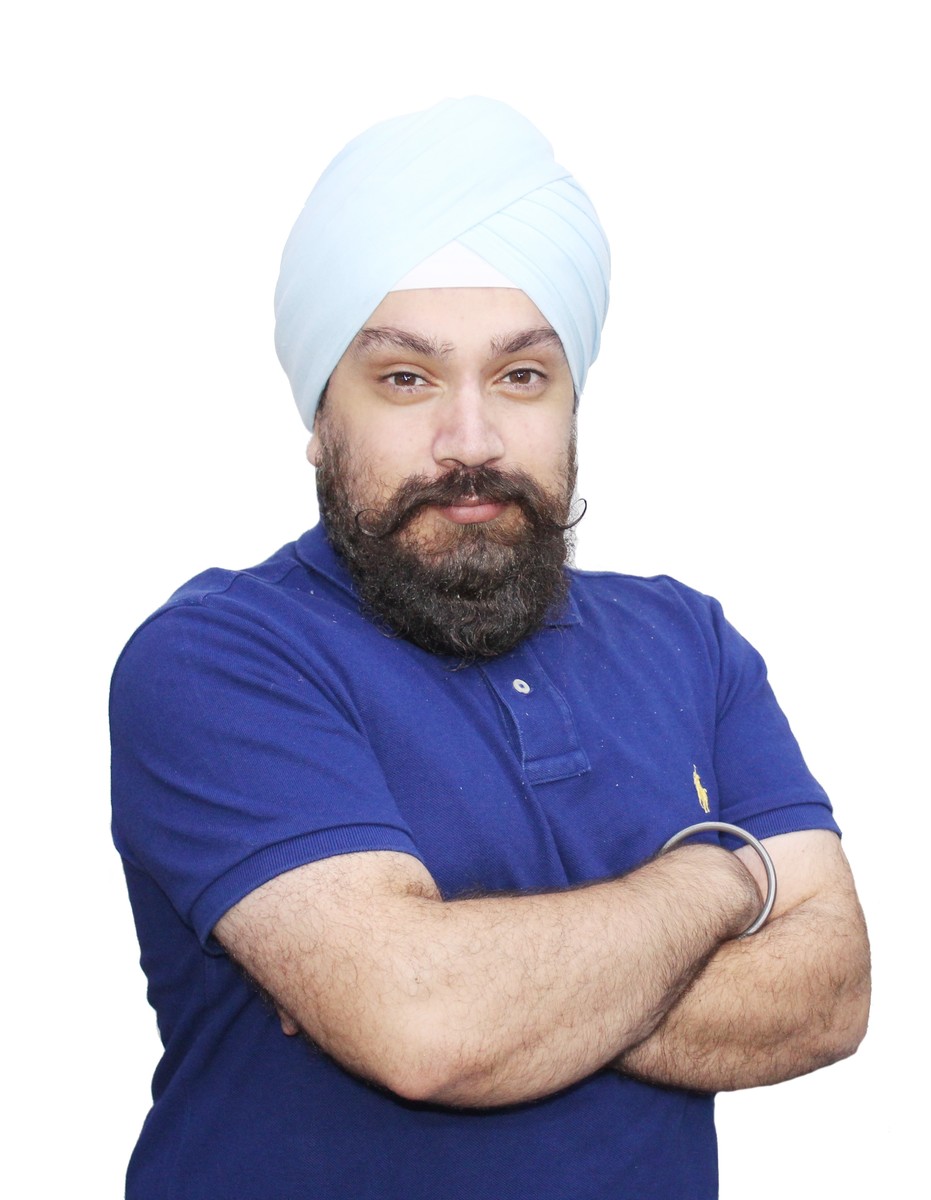
Dalmeet Singh Chawla
Dalmeet Singh Chawla is an award-winning freelance science journalist based in London and treasurer of the ABSW.
His work has been published in the New York Times, The Guardian, The Economist, Nature, Science, New Scientist, and many other media outlets.
Dalmeet has organised and is moderating the How to survive as a freelance journalist session on Wednesday 14 October 13:30
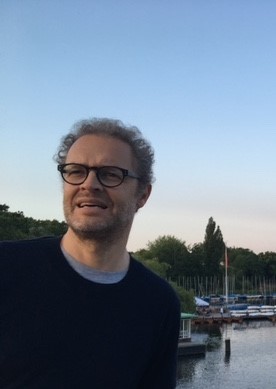
Peter Tallack
Peter Tallack is the founder and director of The Science Factory, an international literary agency representing authors across the sciences, as well as in mathematics, natural history, philosophy, health and medicine, technology, history, and many other areas of serious nonfiction.
Peter studied genetics at University College London before spending a decade on the editorial staff of Nature, where, among other things, he edited the commentary and book review sections. In 1998 he was appointed publishing director of Weidenfeld and Nicolson at Orion Publishing, commissioning many acclaimed popular science titles. Three years later he joined the London-based literary agency Conville and Walsh as an agent and a director.
Peter founded the Science Factory in 2008 in the UK, relocating it a few years later to Hamburg, Germany. With two other agents in London, New York, and a translation-rights operation in London, the agency has a global reach backed up by years of editorial experience in both scholarly and commercial publishing.
A published author himself (In the Womb, National Geographic, 2006), Peter has also written book reviews for many publications including The Sunday Times, Daily Telegraph, New Statesman and The Economist and was editor of The Science Book (Weidenfeld and Nicolson, 2001).
Peter is on the discussion panel in our A brilliant book proposal session on Wednesday 14 October 16:50
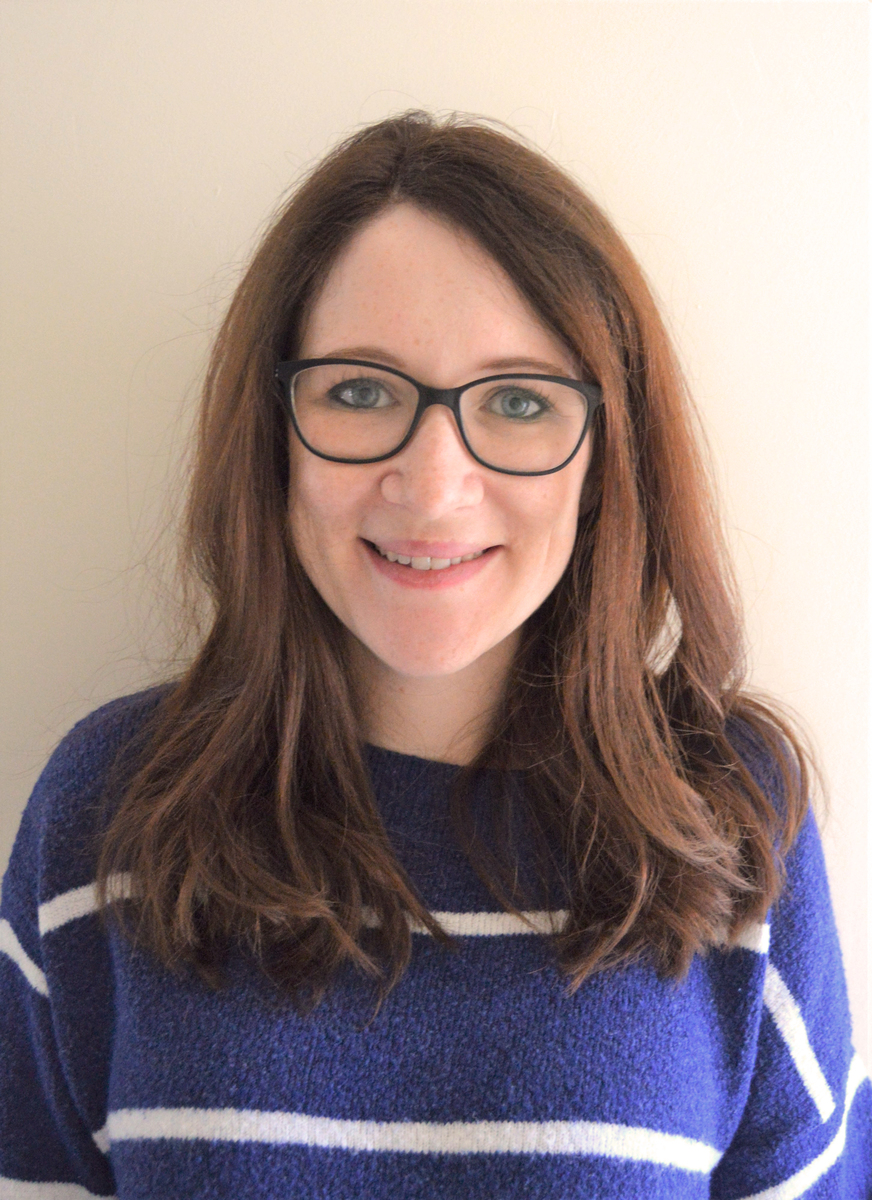
Sarah Tesh
Sarah Tesh is the features editor for Physics World, an international physics magazine published by the Institute of Physics. She commissions and edits stories from researchers and science writers covering everything in the field from quantum theory and cosmology to climate change and medical physics, as well as issues facing the physics community.
Sarah studied physics and has a PhD in materials science from the University of Bristol. She started as a reporter at Physics World before becoming features editor in 2017.
Sarah is on the discussion panel in our Dos and don'ts of pitching session on Wednesday 14 October 15:00
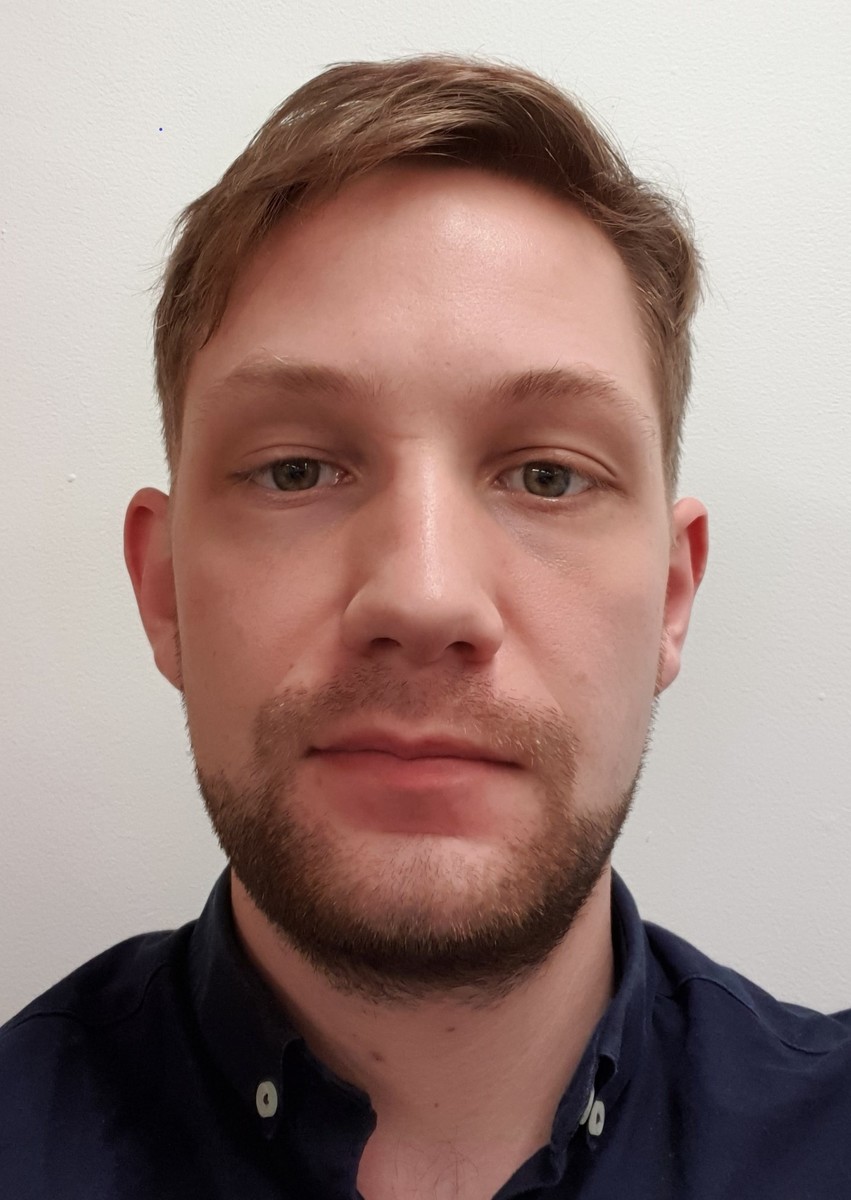
Ben Upton
Ben Upton is a reporter at Research Professional News, covering European science policy. He joined the ABSW board in March 2020 and is helping to develop the association's mentorship programmes. He has an MA in Newspaper Journalism from City University and a BSc in Biological Sciences from the University of Edinburgh.
Now based in London, he previously lived in Wuhan, China. His interests include Sichuan food, academic freedom and defence research.
Ben has organised and is moderating our Meet the experts and What works for younger audiences? sessions on Thursday 15 October 11:30 and 15:10
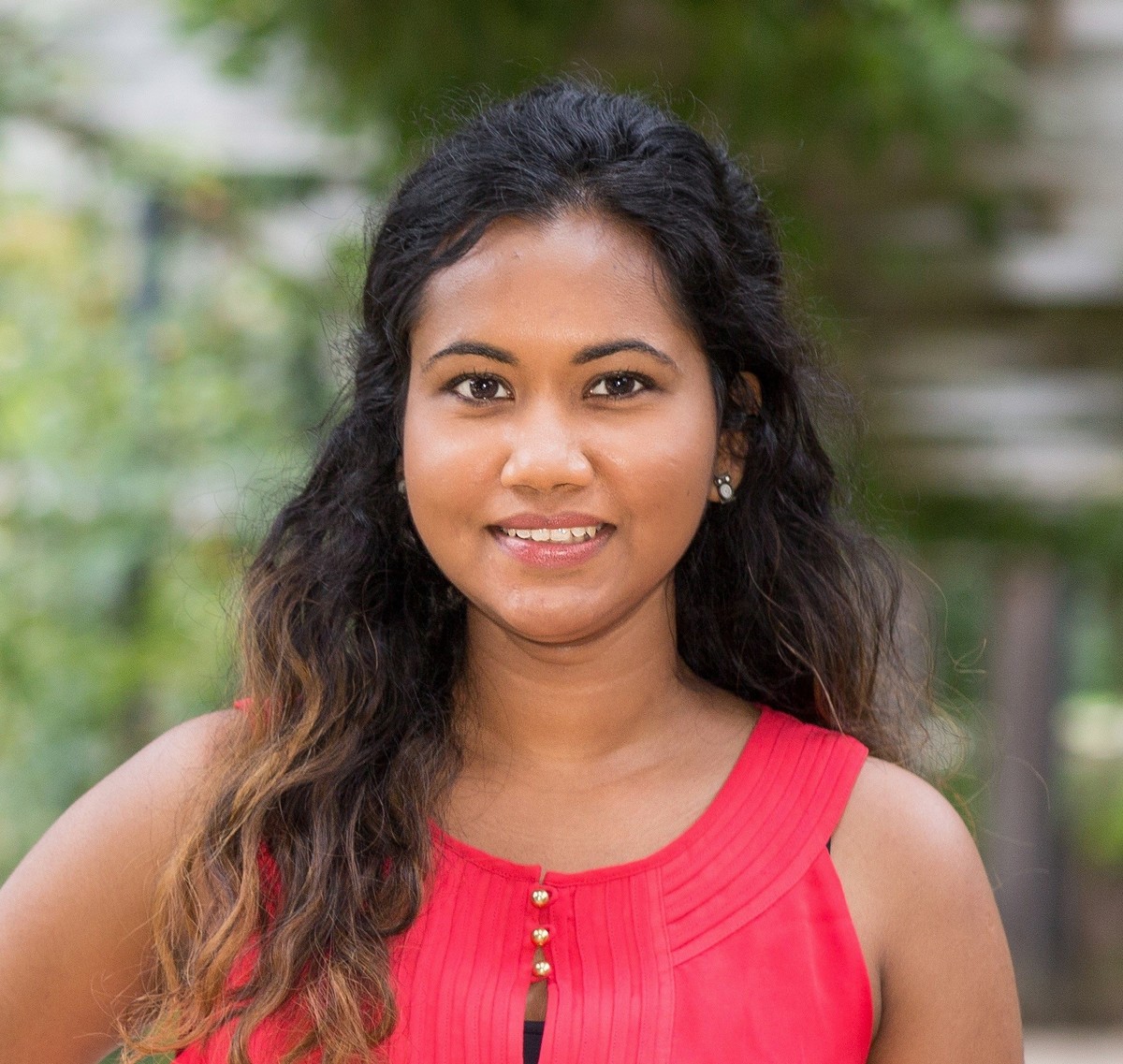
Gayathri Vaidyanathan
Gayathri Vaidyanathan writes about the tussle between humans and other species for resources. Her print and radio journalism has appeared in Nature, Discover, The Washington Post, Undark, the New York Times, the BBC, Deutsche Welle and other publications.
She was a staff climate change reporter for Washington, DC-based E&E News for six years. And for magazines, she has reported from India, Liberia, Ethiopia, Kenya, Laos, Thailand, Cambodia and other places.
In 2012, she received an award from the National Association of Science Writers and, in 2014, from the Society for Professional Journalists. She was part of the team that received the 2019 George Polk Award for environment reporting. She’s received a few fellowships.
She has a Master’s in journalism from Columbia University and a Bachelor’s in biochemistry from McMaster University in Ontario. She did lab research for a year before switching careers. She’s lived in the U.A.E, Canada, the US, UK and India, and considers herself a lifelong immigrant.
Gayathri is on the discussion panel in Quiz the finalists: Part One on Tuesday 13 October 16:10
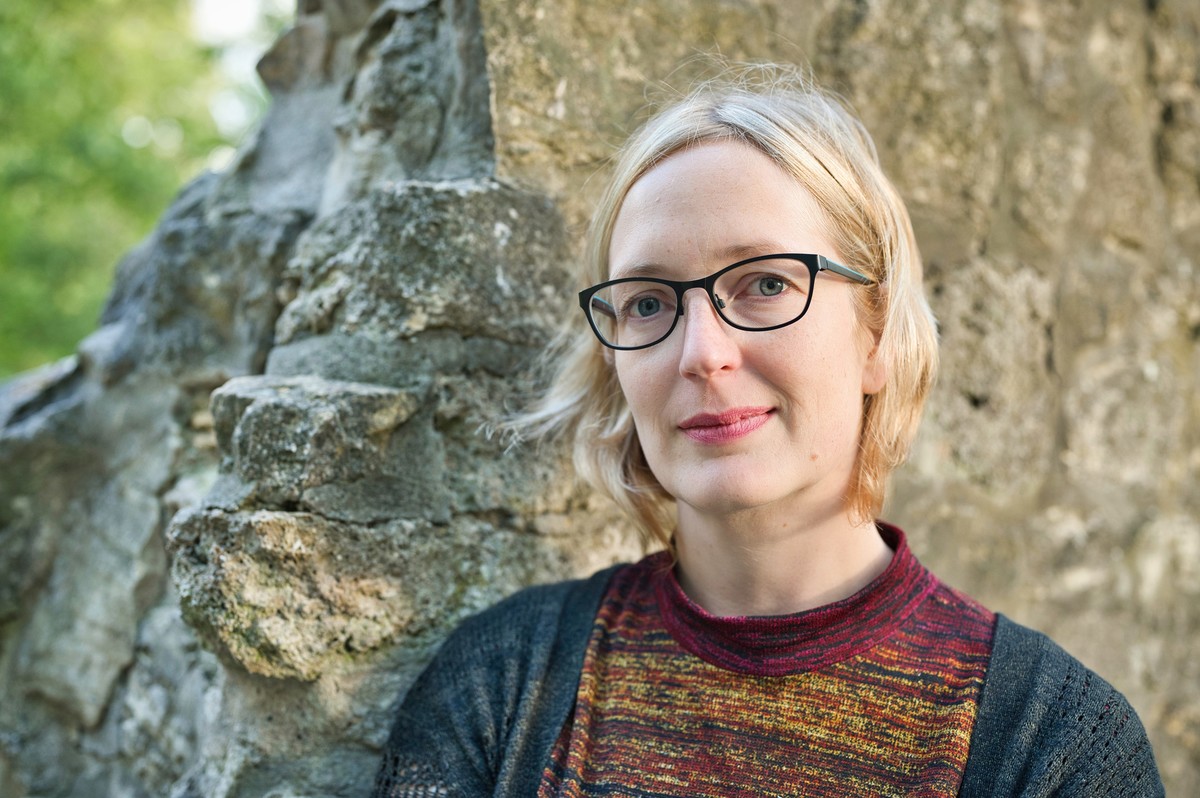
Inga Vesper
Inga Vesper is a journalist and editor. She moved to the UK from Germany to work as a carer, before the urge to write and explore brought her to journalism. As an editor, she has worked for Research and SciDev.Net, while her freelance career has led to publications in Nature, Science, Scientific American and the New Scientist. She holds a MSc in Climate Change Management from Birkbeck College. She is the author of The Long, Long Afternoon, out 2021 with Manilla Press.
Inga has worked and lived in Syria and Tanzania, but always returned to London, because there's no better place to find a good story than the top deck of a bus.
Inga has organised and is moderating our Lessons from fiction for science writers session on Thursday 15 October 16:50; she is also on the discussion panel in our How to survive as a freelance journalist session on Wednesday 14 October 13:30
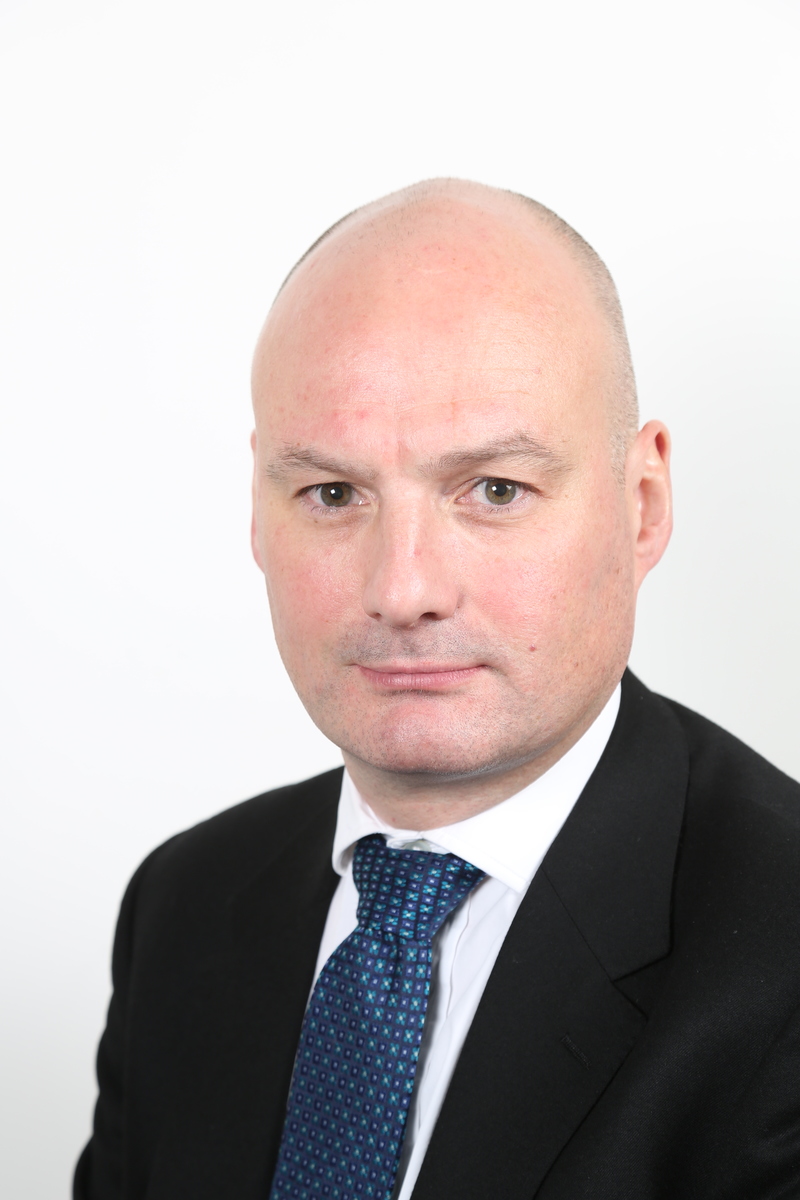
Bob Ward
Bob Ward is the Policy and Communications Director at the Grantham Research Institute on Climate Change and the Environment at the London School of Economics and Political Science, which he joined in November 2008.
His previous roles included Director of Public Policy at Risk Management Solutions Ltd and Senior Manager for Policy Communication at the Royal Society. He has also worked as a freelance science writer and journalist.
He is a Fellow of the Geological Society and a Fellow of the Royal Geographical Society.
Bob has organised and is moderating our The changing language of climate session on Tuesday 13 October 12:00
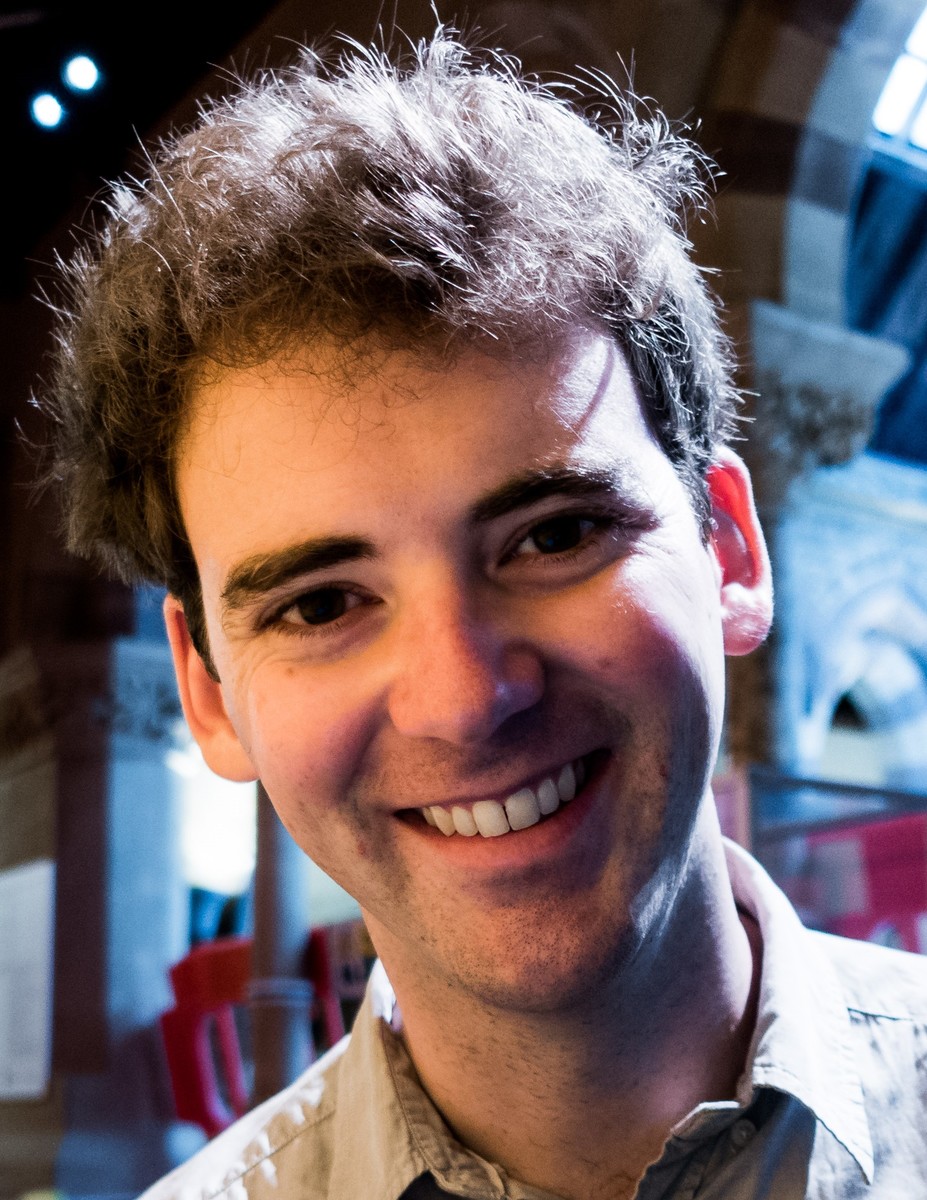
Matthew Warren
Matthew Warren is the editor of Research Digest, an online outlet covering the latest psychology research, published by the British Psychological Society. He previously worked as a reporter for Nature and Science Magazine.
Matthew studied psychology in his home of New Zealand and completed a doctorate in neuroscience at the University of Oxford. Before moving into journalism, he worked as a press officer in the biotech industry.
Matthew has organised and is moderating our Writing a killer newsletter session on Tuesday 13 October 17:50
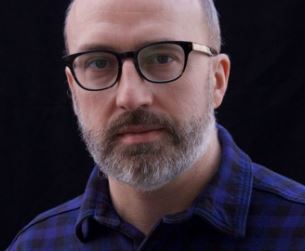
Mike Wendling
Mike Wendling is co-founder of the BBC’s anti-disinformation unit and the editor of BBC Trending, a team dedicated to in-depth reporting on the world of social media. He is the author of Alt-Right: From 4chan to the White House.
Mike is on the discussion panel in our Disinformation and how to counter it session on Wednesday 14 October 11:30
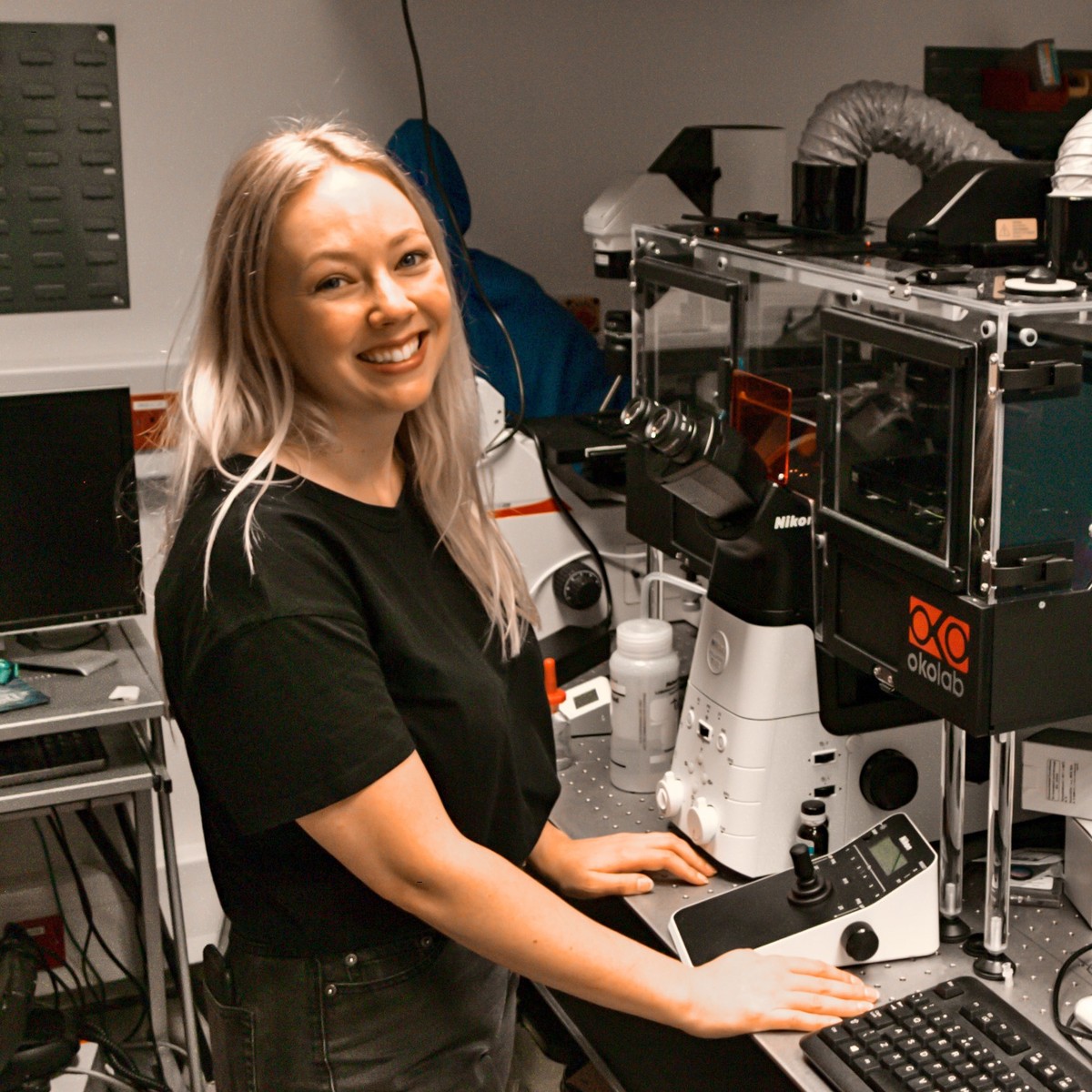
Katrina Wesencraft
Katrina is a PhD student, science journalist and former editor-in-chief of theGIST, a multi-award-winning student science website and magazine.
Katrina has organised and is moderating our Dos and don'ts of pitching session on Wednesday 13 October 15:00
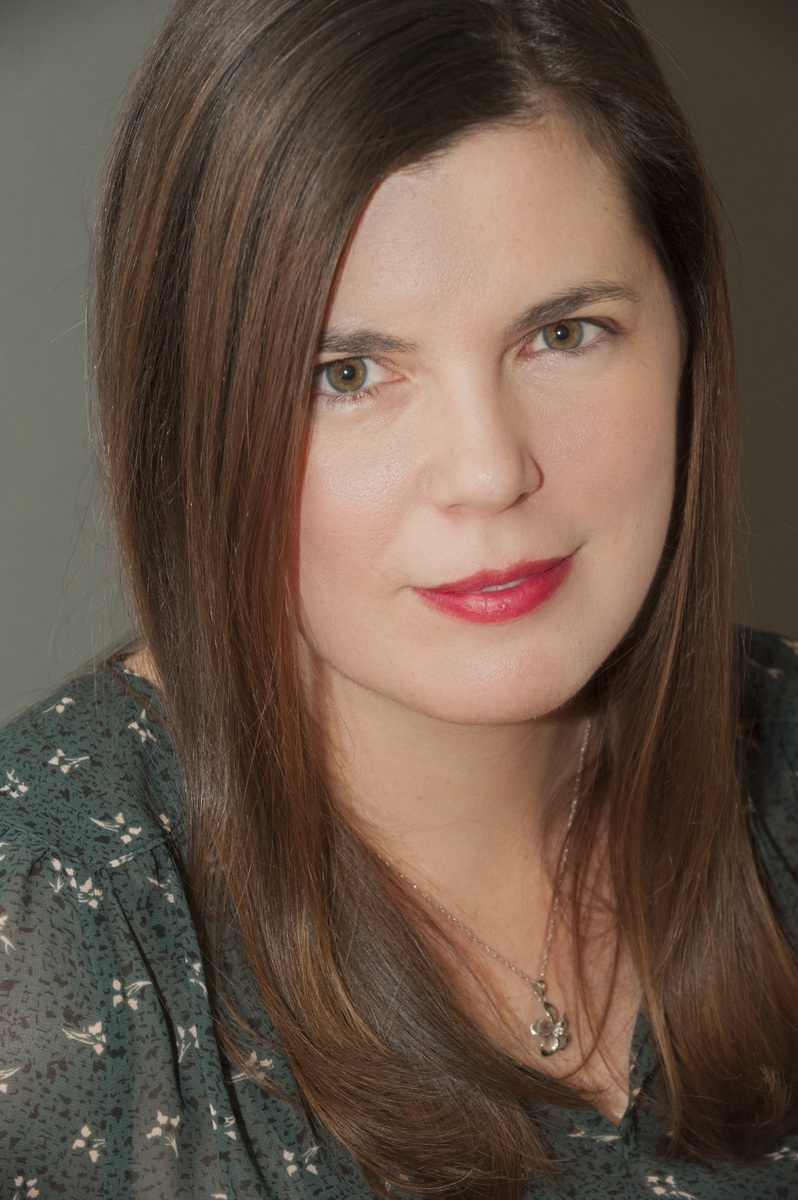
Sarah Zielinski
Sarah Zielinski is the managing editor of Science News for Students and a contributor to Science News magazine. She also writes and edits comics for the In Science We Trust series on the Tinyview Comics app. She is a member of the board of the National Association of Science Writers.
Sarah holds a B.A. in biology from Cornell University and an M.A. in journalism from New York University's science, health and environmental reporting programme. She was formerly an editor at Smithsonian magazine, and her work has also appeared in Slate, Science, Scientific American, Discover and National Geographic News. When she finds time for it, she likes to write about climate change, ecology and animals - especially animals that eat weird things.
Sarah is in the discussion panel in our What works for younger audiences? session on Thursday 15 October 15:10





